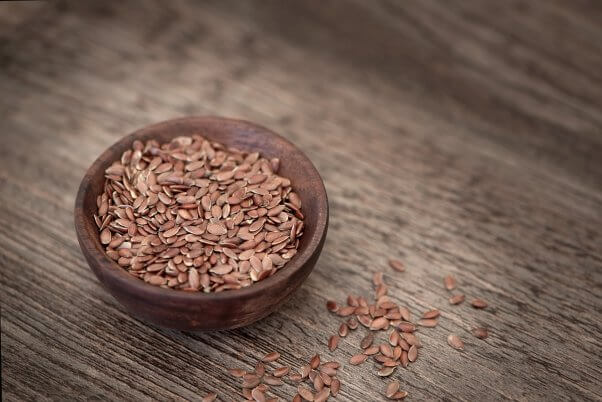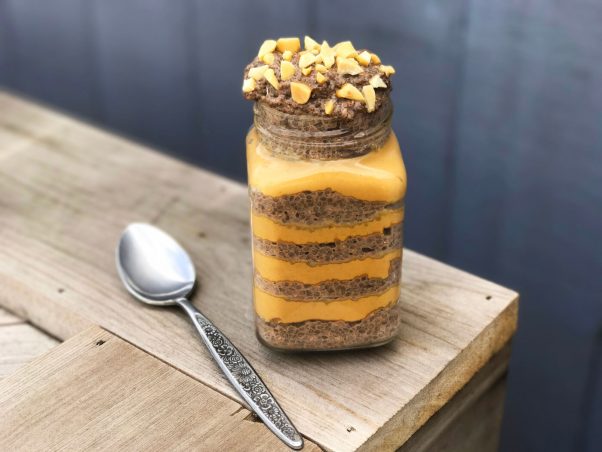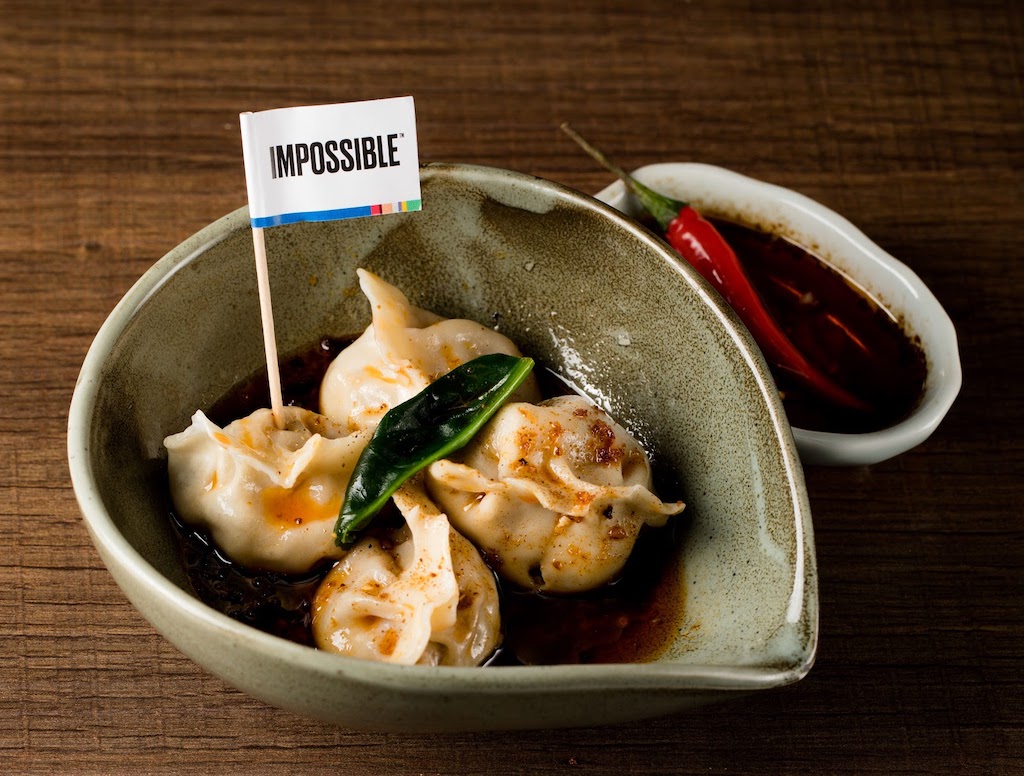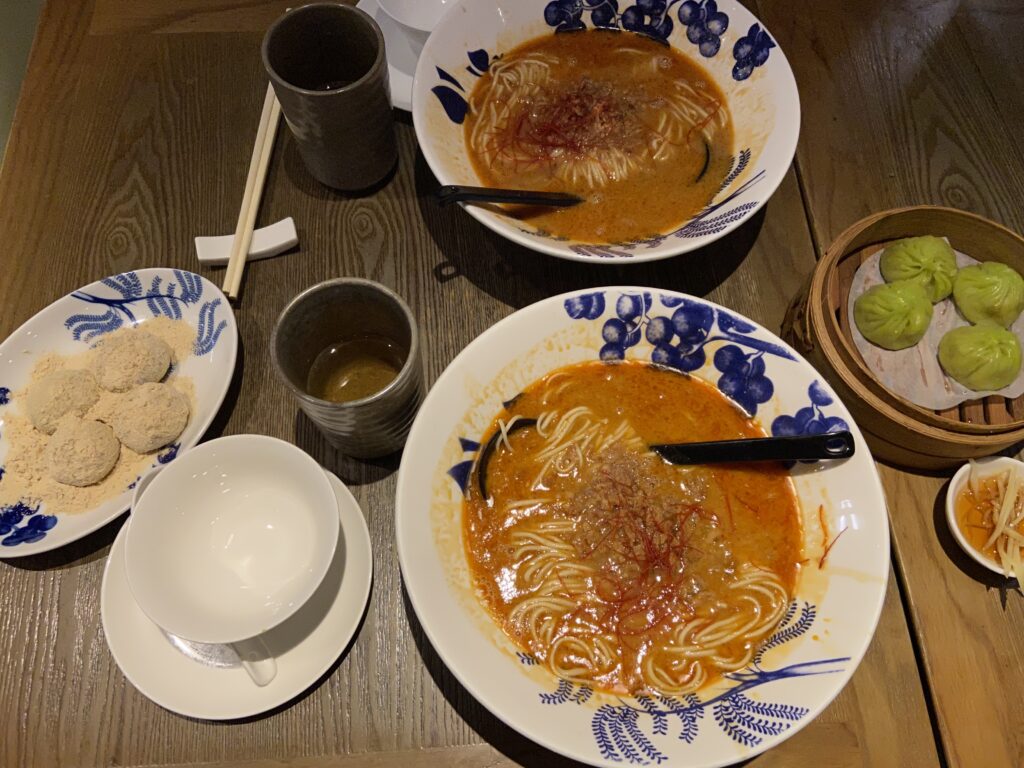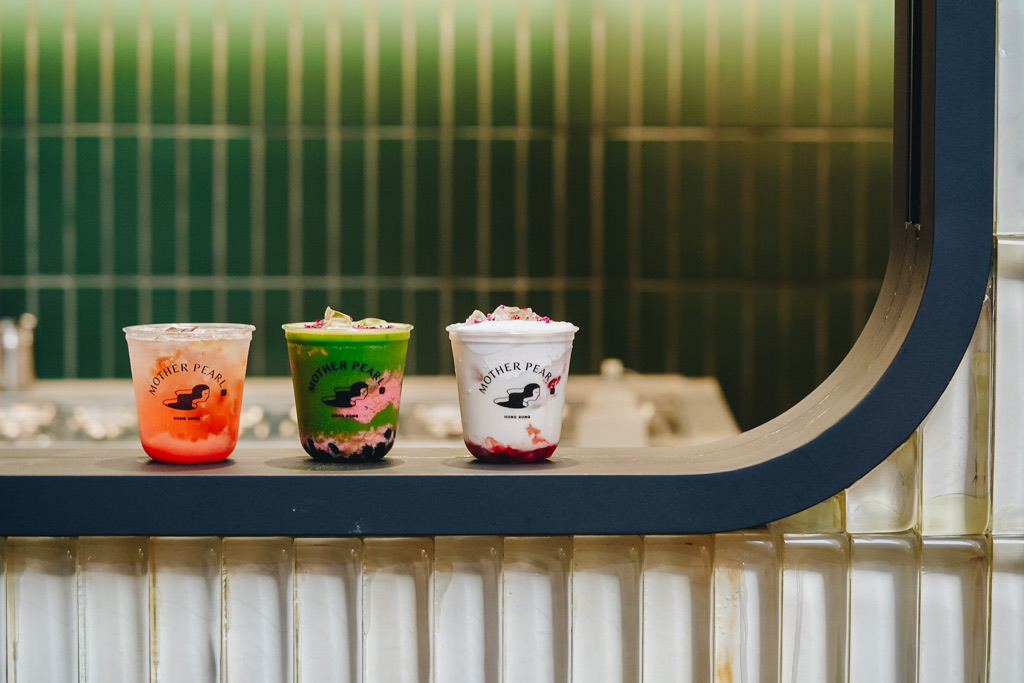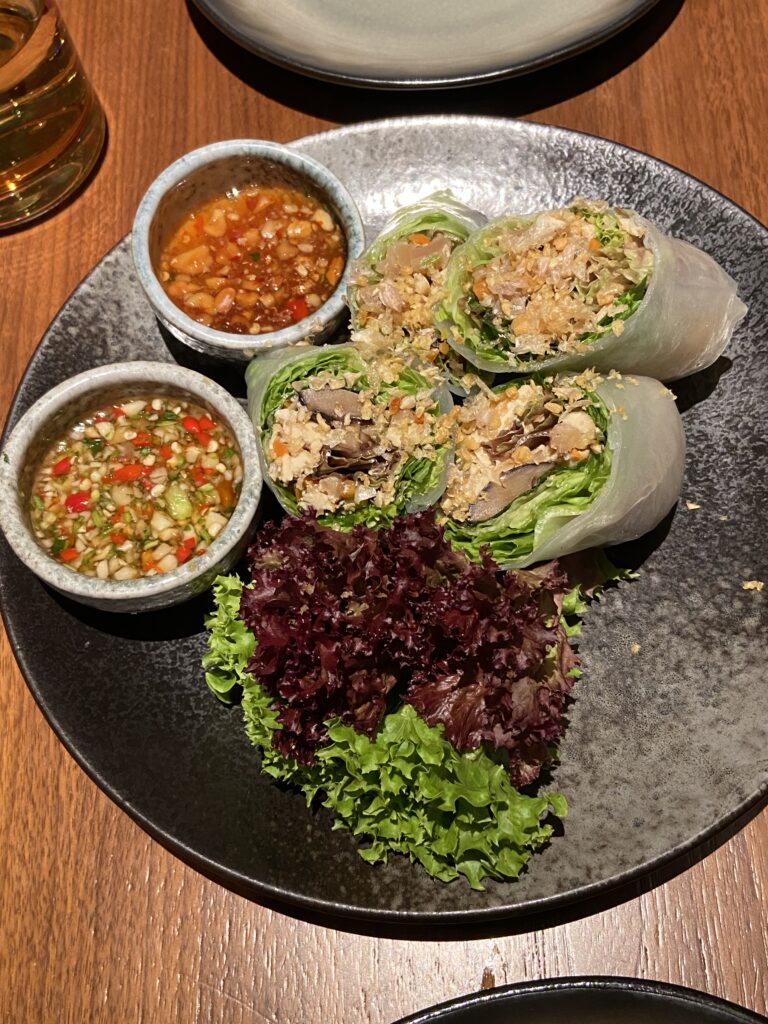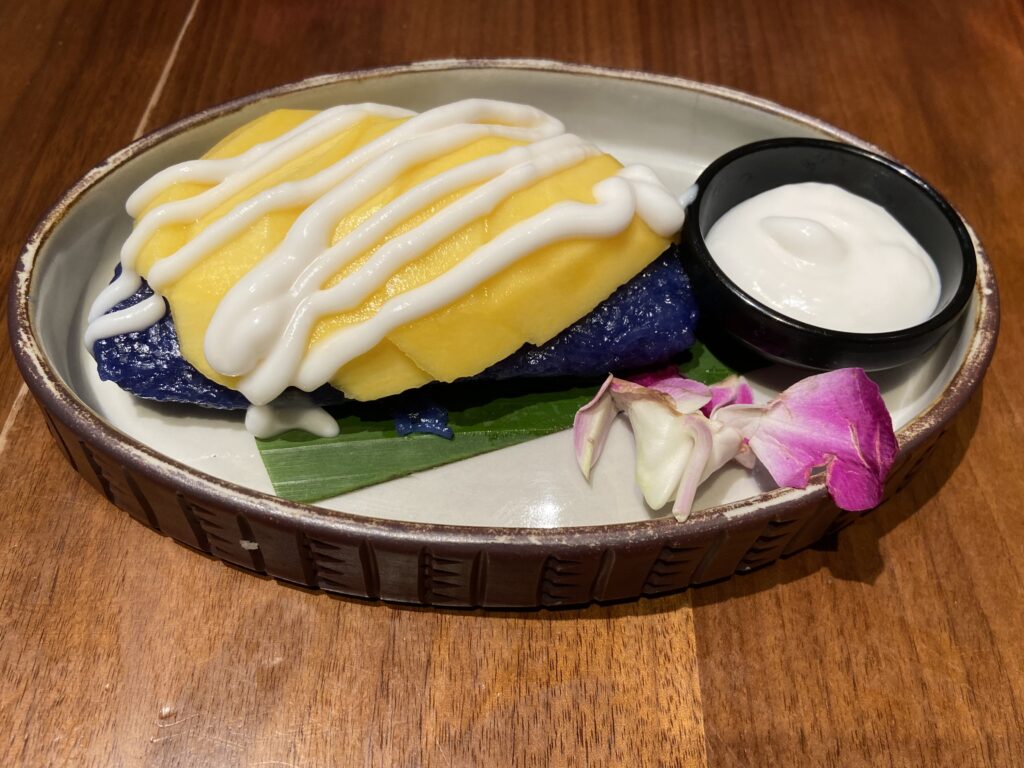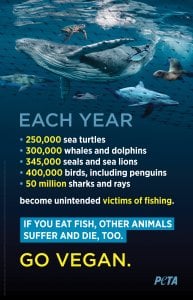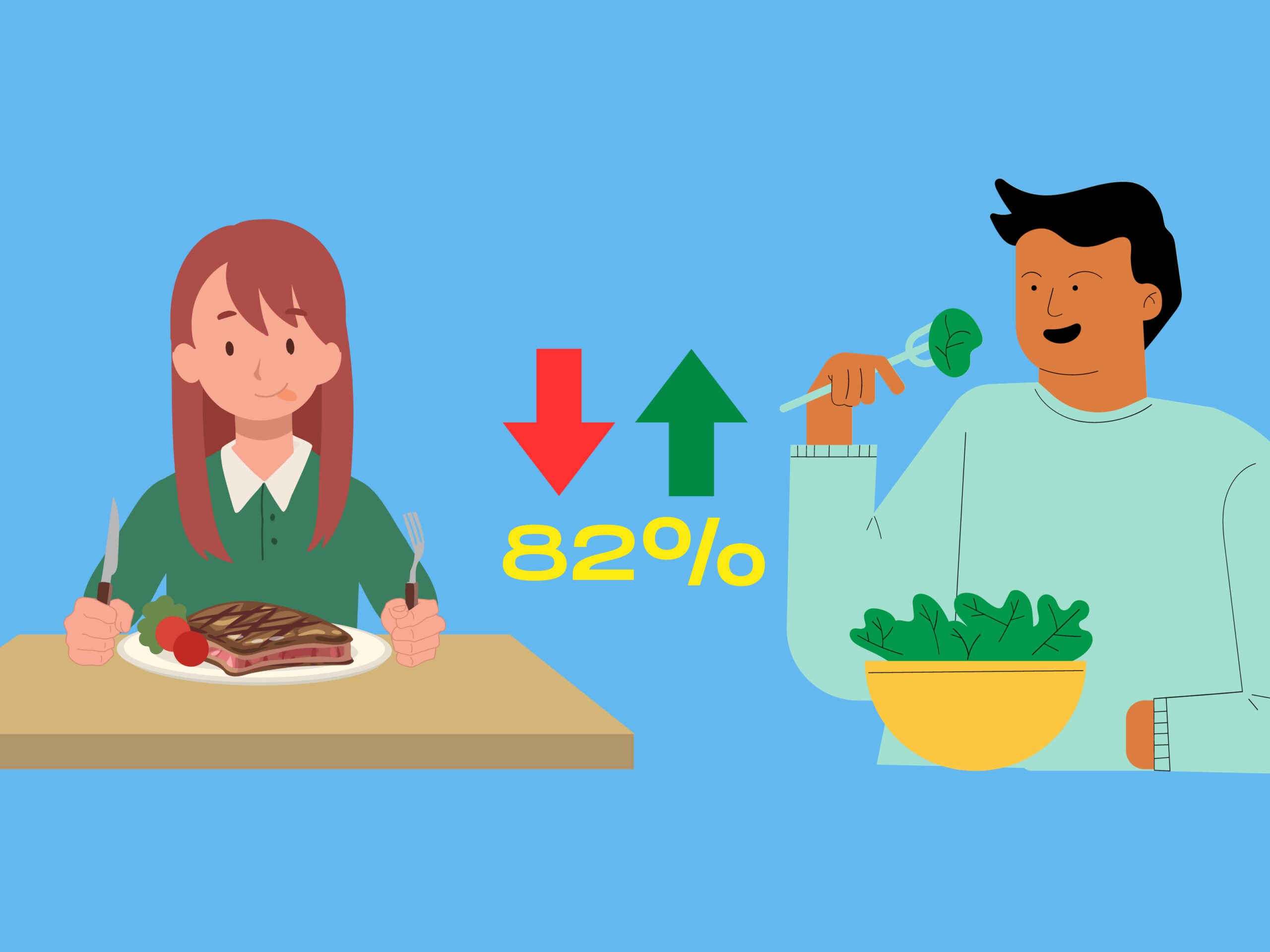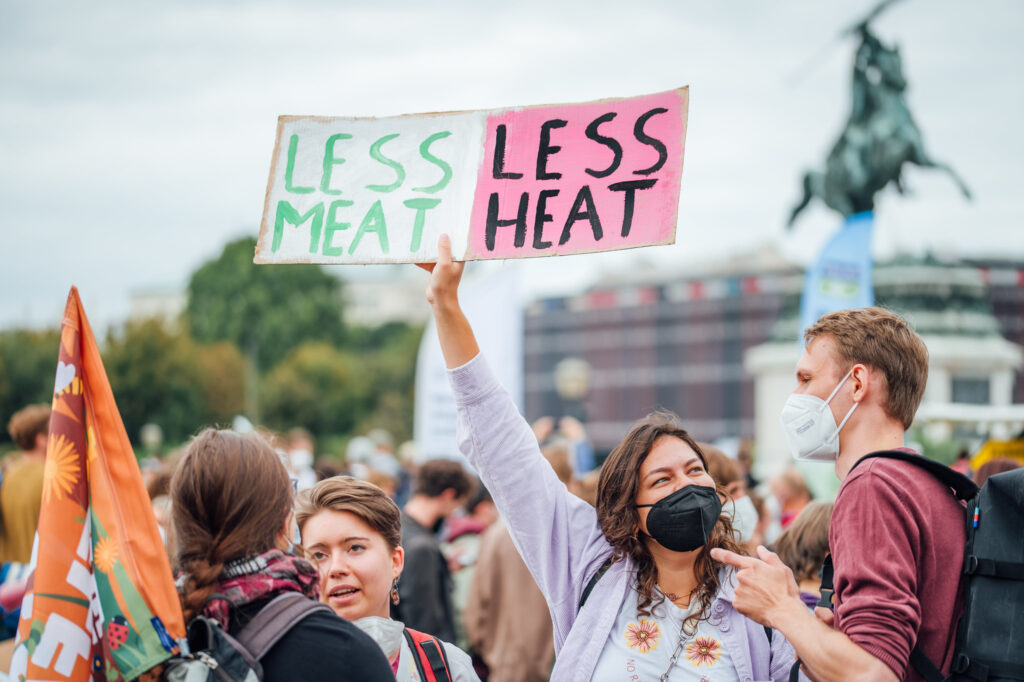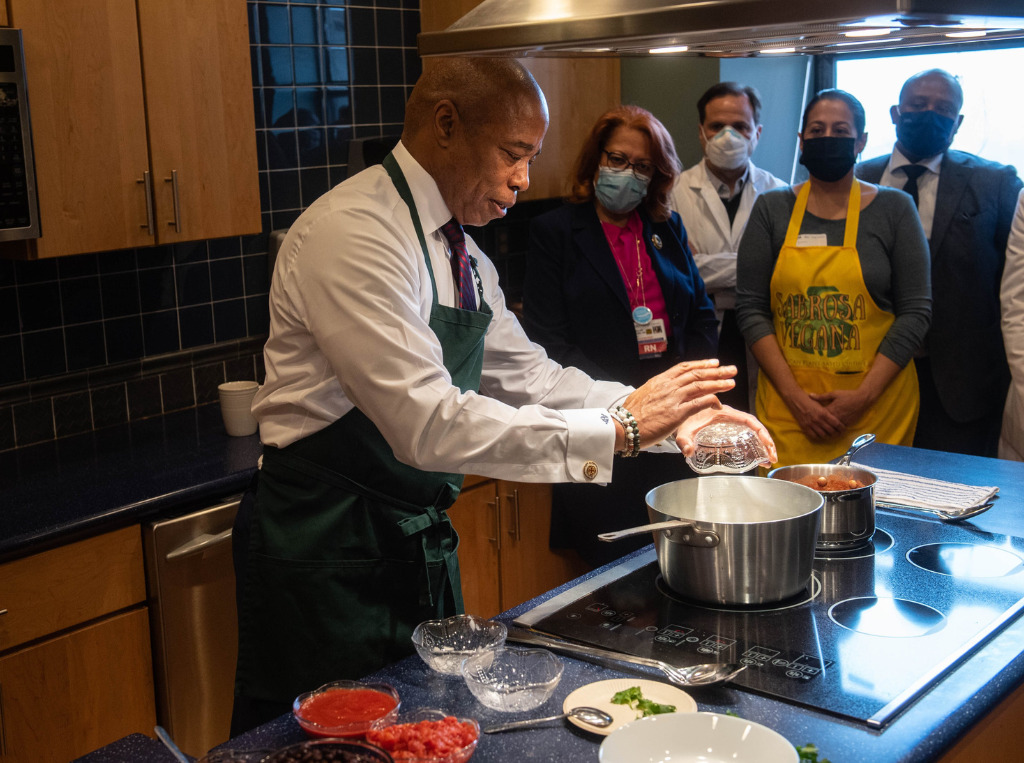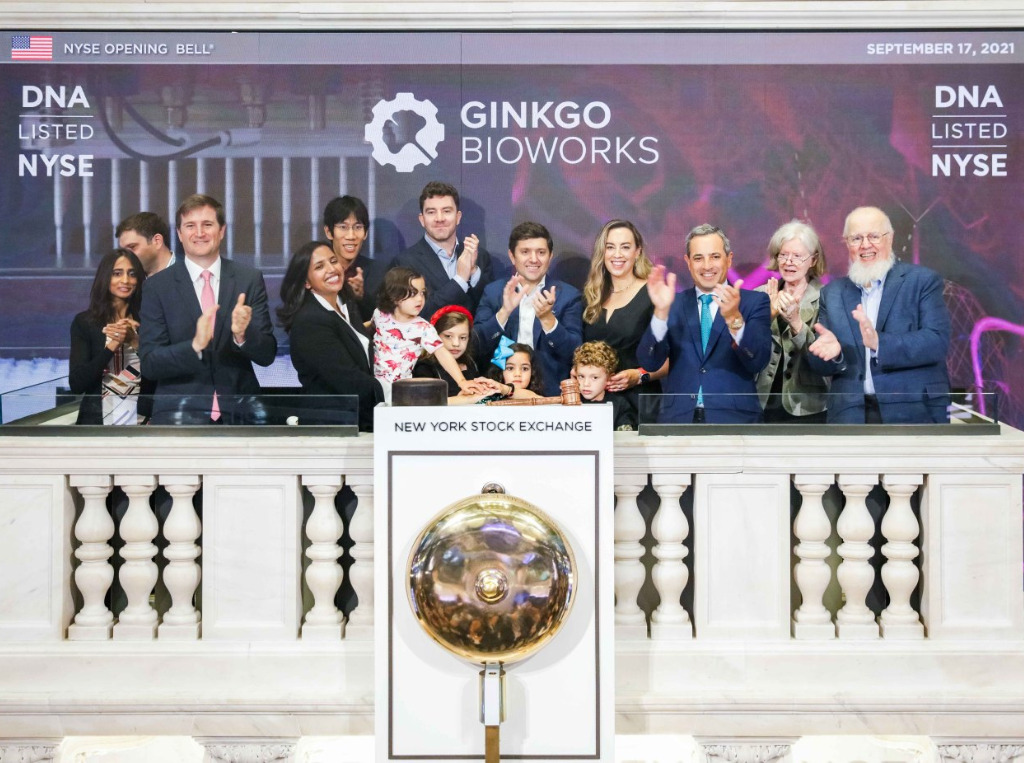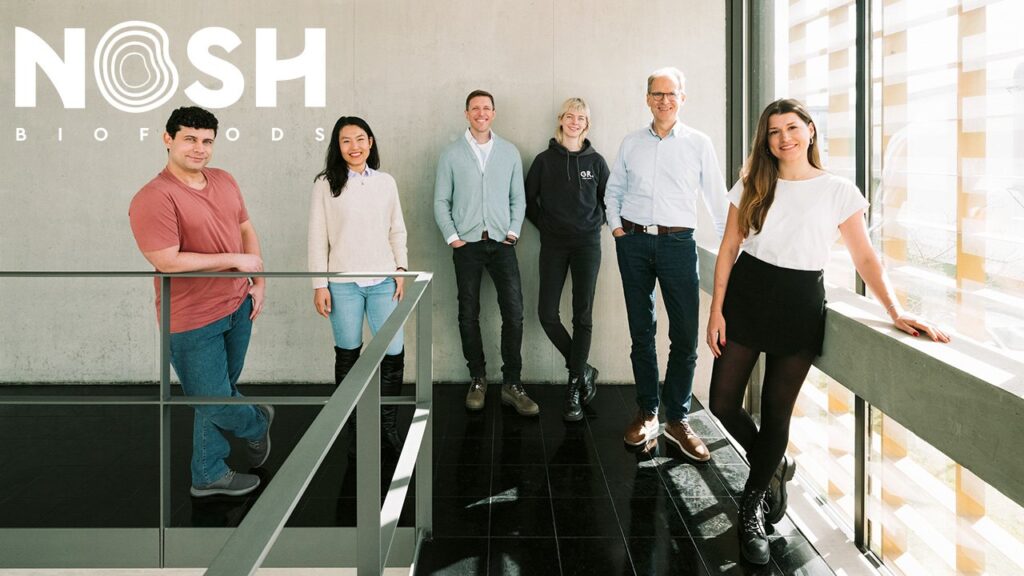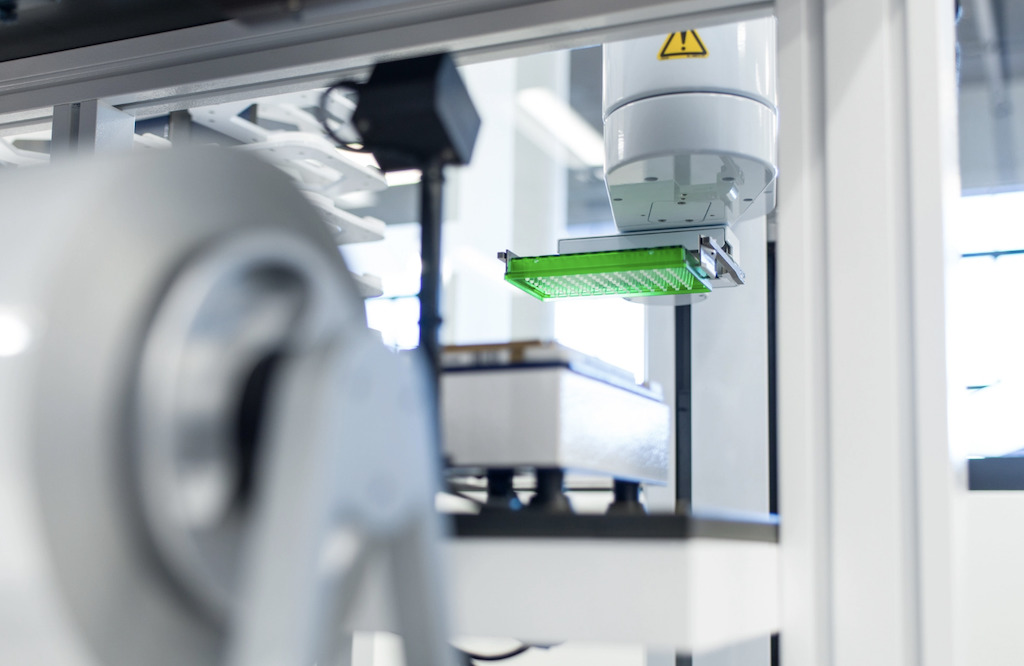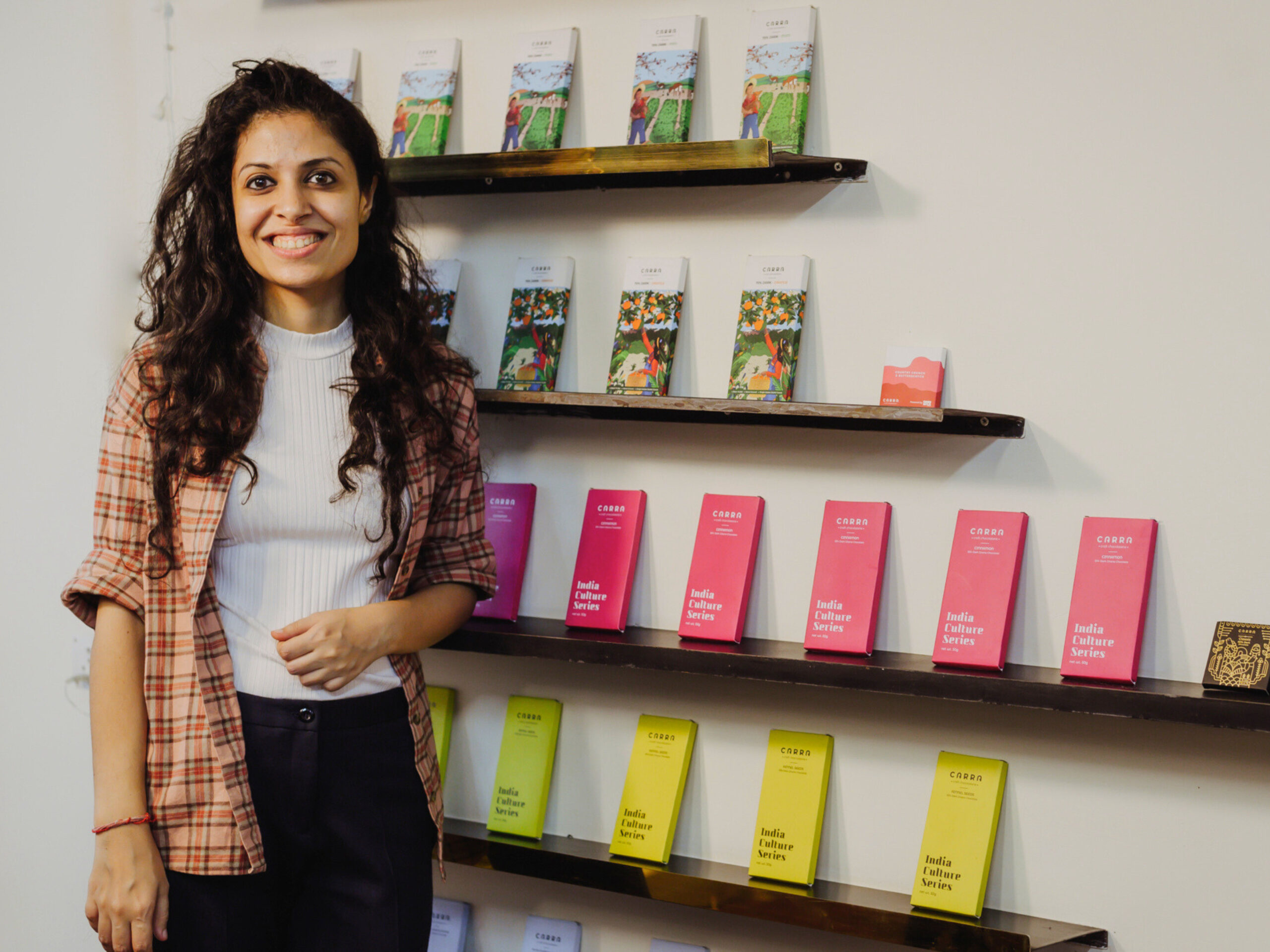
In our Indian Changemakers series, we interview brands and founders shaping the future of food in the world’s most populous country. Here, we speak to Komal Khosla, founder of Delhi-based vegan craft chocolate brand Carra, about the country’s changing attitudes towards food quality, health and sustainability – and its love for chocolate.
Indians love a good piece of chocolate. I grew up in a world where ‘Kuch meetha ho jaaye’ (roughly: let’s have something sweet) was an omnipresent tagline thanks to Cadbury and its ultra-popular Dairy Milk brand, which I guarantee you tastes better in India than it does in its own home country of the UK.
Chocolate was also part and parcel of Indian festivals, which might seem counterintuitive given the country’s renown for local sweets. Maybe it was a demographic thing – I can’t count the number of chocolate boxes (containing assortments of Cadbury or Nestlé products) I was gifted after visiting people’s houses every Diwali. I can recall stacks of these boxes lying around in houses to give to visitors. It’s an entire industry in itself.
But somewhere along the way, as India and Indians became more globalized, so too did our tastes. The switch flipped from always buying the cheapest food to buying better – whether that’s higher quality or better for you. It coincided with a growing consciousness around what we eat and where it comes from, alongside climate-change-induced heatwaves and water shortages.
Within the chocolate world – which faces catastrophic climate losses and has been linked to deforestation (with the widespread use of palm oil playing no small part) and human rights abuses – legacy brands tried to adapt to the shift in consumer mindsets. Cadbury, for example, launched a 30% reduced sugar version of its Dairy Milk to appeal to Indians who wanted healthier chocolate.
But the real revolution came from the new, indie challenger brands promising good-for-you, good-for-the-planet, and better-tasting chocolates, all in one. Among them was Carra, a brand that launched six years ago with a range of chocolate that prioritised taste and health.
Reflecting family values in business
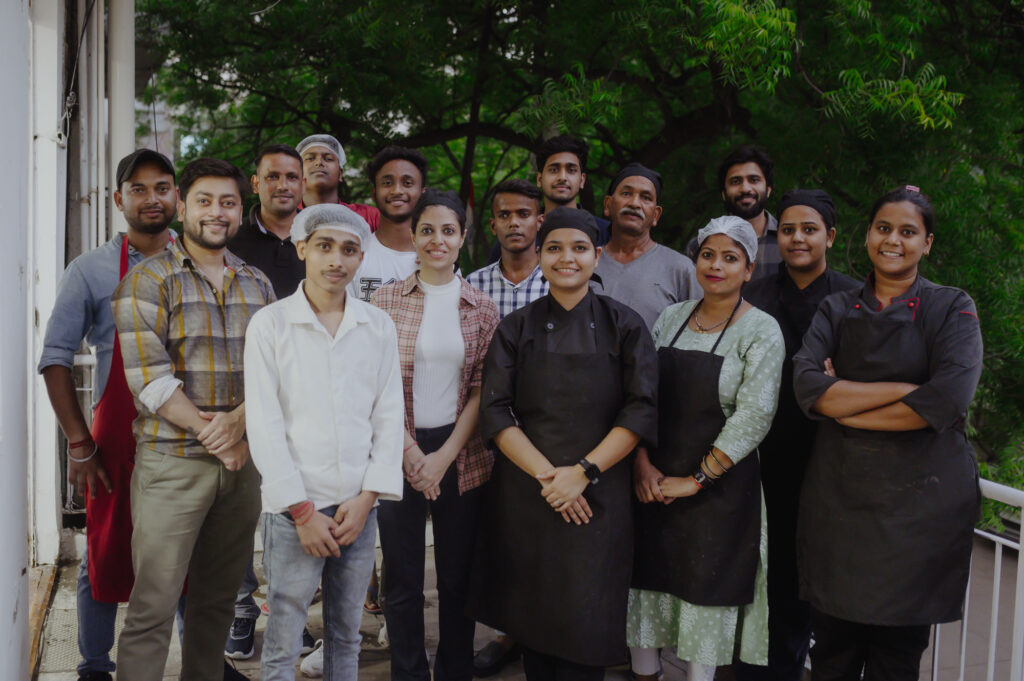
“We, at large, do not eat good quality chocolates here,” says Carra founder Komal Khosla. “[We] do not even know what it is.” But Indians do eat a lot of chocolate: a 2019 Mintel survey found that 61% of them said they eat it daily or at least once a week. For context, that figure equated to about 840 million people at the time – more than 2.5 USAs.
Khosla grew up fascinated with numbers and was sure she was destined to be an accountant, but six to seven years into a career with one of the Big Four, she realised she wanted to do something “bigger and more valuable”. “I thought of taking a break and figuring out what I felt strongly about doing in life,” she recalls. “It was a nervous big gamble back then.”
This was the path that led her to becoming one of India’s finest chocolatiers. The now-vegan brand didn’t start this way – it was, like Khosla, vegetarian. She has always been vegetarian, though her Punjabi family consumed meat and asked how she’d maintain her health if she didn’t eat chicken. But she never liked the smell or the mouthfeel of animal meat– and says she’s glad she never converted to eating meat.
She grew up in a joint family. “In bigger families, taking a stand and having everyone believe in what you believe is not absolutely possible, so I know that you need not revolt and adamantly say a point across –you give logic as to why and eventually everyone will get the point,” she says.
This seeped into how she approached Carra as a brand. “I knew we would have to create tasty products and give people a tasty option as a solution to make a switch towards vegan food consumption easy and more of a choice,” she recalls. “The narrative was always a logical solution and not take up a fight with anyone as to why it’s even needed.”
Unlocking vegan milk chocolate

The brand came about at a time when veganism wasn’t a familiar concept to Indians. It is now, though. A report by the country’s Plant Based Foods Industry Association (PBFIA) in May found that veganism has become “increasingly popular” over the last five years in India, with “more than 2% of people actively identifying as vegan”.
Anecdotally, Khosla agrees with this shift: “I see restauranteurs have added ‘vegan’ as an option in the menus. Most high-end [or] good cafes have at least one vegan dish. With the way restauranteurs are cut-throat towards their businesses, adding a vegan option would have come from some demand – and that says [a lot].”
She explains: “There was a time not so long back that people considered vegan and vegetarian the same, and now we see most people aware of [it as] a separate term.”
And that Carra itself has now made that transition too, overhauling its lineup of premium chocolates to be fully vegan. The range includes a bunch of dark chocolates in different cocoa proportions and flavours, as well as vegan milk and white chocolates. Khosla says her team had previously not been able to crack the right formulation for plant-based versions of the latter two.
“Replicating the taste of dairy isn’t that easy, she tells me. “But when we aced the taste for them, we knew we had to launch them to the world… We are proud of the vegan milk and vegan white that we created. We were India’s first to have launched a vegan white chocolate bar.”
Carra experimented with an array of ingredients to figure out the best flavour combinations – and settled on a base of roasted cashews and oats to replicate the flavour of dairy-based chocolate. “India as a market has a higher consumption of milk chocolates than dark – the trend is changing now, but still at large, we [have] more of [a] sweet tooth and milk tooth,” Khosla explains. Her excitement and pride is palpable and endearing. “Changing that and introducing something in place of what we have been so habitual to consuming is a task – the taste had to be bang on. And I think we have achieved it!”
Good-for-you over everything
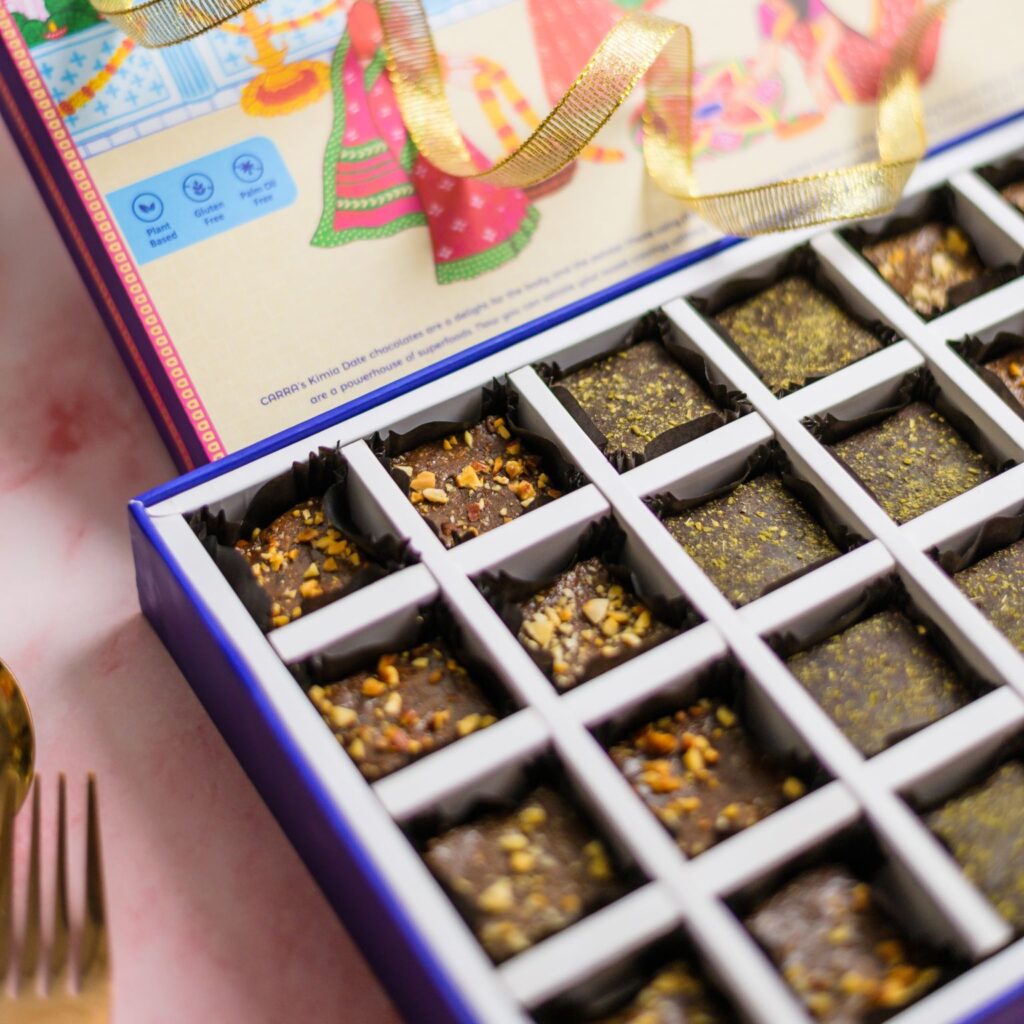
The brand has a sugar-free range too, which uses sweeteners like stevia and erythritol, two ingredients that have been questioned regarding their health credentials. But Khosla argues that these are natural sweeteners – stevia is a plant and erythritol is fermented corn – and she believes they are safe to use.
What do her customers think? “We haven’t faced any concerns on this as yet, and we source our sweeteners from very reliable places, so we are pretty confident that these won’t and don’t have ill-effects,” she outlines. “But we keep ourselves open towards any new norms/studies that people conduct on different sweeteners. So far, we feel this is the best alternative available without [requiring] any insulin or GI-level spike.”
This is especially important for her, as India has been named the ‘diabetes capital of the world’, with over 235 million people suffering from diabetes (mostly type 2) or prediabetes. “We hope to be able to bring some options for sweet indulgence for healthier and better indulgence,” she says. “We are working on bringing a lot more options in No Added Sugar varieties, and also working on a healthy sweet for kids.”
Health really is Carra’s R&D focus, with its factory in Delhi’s Okhla Industrial Area the centre of its new product development. For Diwali, Carra is releasing a sugar-free, date-sweetened chocolate fudge SKU. “Chocolates are naturally a superfood, but these are not completely considered healthy,” she explains. “We want to be able to break that notion, by actually making it completely healthy, and bringing better sweet indulgences.”
And it’s these kind of brands that Khosla finds inspiring as well. “We look up to brands that are talking of good indulgence, [whether] in the savoury or sweet category – we think this is a big category in the times to come.” She namechecks Mumbai-based The Whole Truth and Bangalore’s Yoga Bar as fellow trailblazers in India’s better-for-you sweet category.
A local and sustainable slant
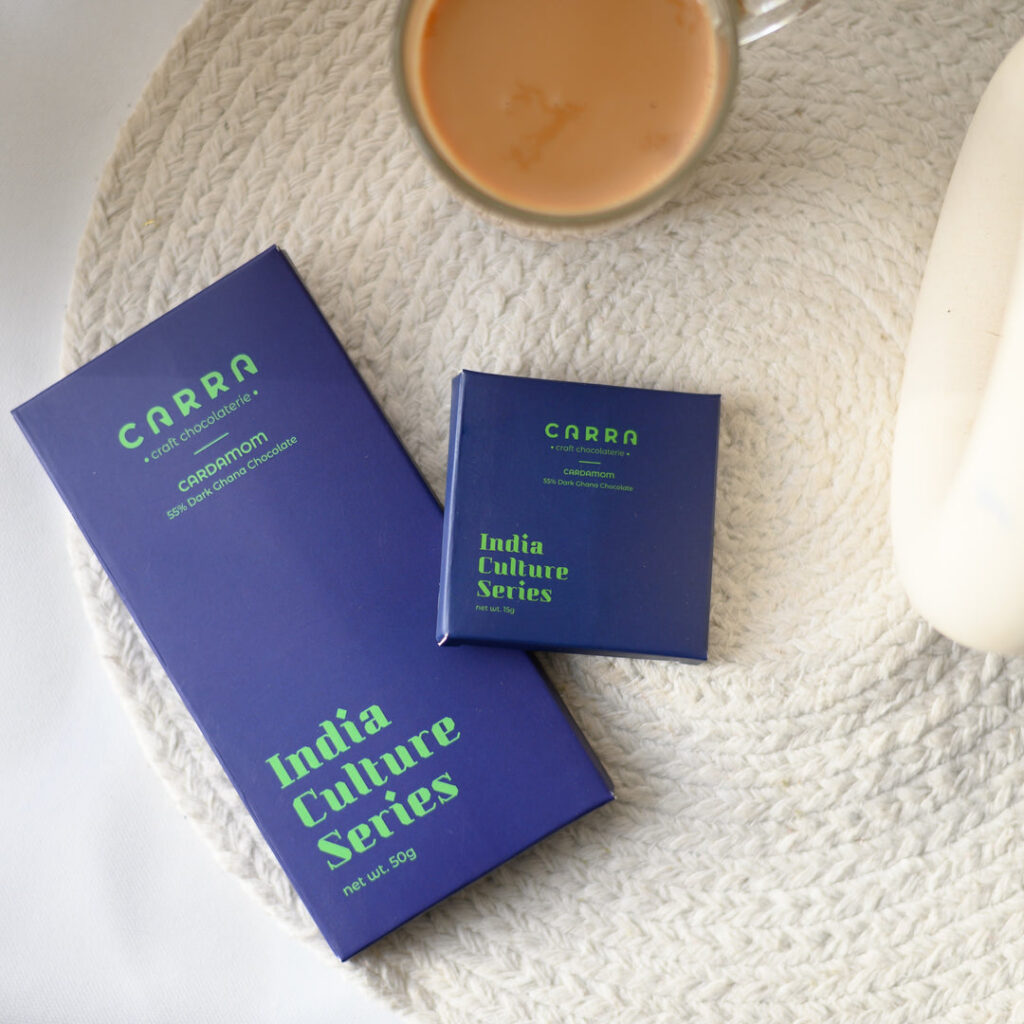
While health is a big deal, Carra is deeply rooted in tradition too. Its India Culture Series celebrates beloved local ingredients like cardamom, cinnamon, saunf (fennel seeds) and meetha paan (sweet betel leaf), infusing them into 55% dark chocolate. “We haven’t glorified our Indian spices enough,” Khosla tells me.
She points out how fennel and betel are used as palate refreshers and mouth fresheners after meals in India. It’s akin to After Eights, the legendary mint chocolate widely used as a palate refresher too. With the same logic, she paired these ingredients with dark chocolate, which ended up having a “very interesting flavour”.
Carra also taps into local artisans for its packaging. For the new Diwali chocolate boxes, the brand worked with an artist whose work is inspired by Madhubani art, which originated in the namesake city in central India, and is widely practised in the Mithila region of India and Nepal. In a LinkedIn post, Khosla called it “a joyful and beautiful depiction”.

There’s a common thread running among all these chocolates: being planet-friendly is crucial to Carra’s ethos as a brand. While it sources some of its cocoa from Ghana (the world’s second-largest producer), its primary origin is Idukki, Kerala in the south of India. “We have started shifting towards Indian cocoa,” Khosla explains. “We wanted to be able to visit the cocoa farms and oversee the complete fermentation process. A chance visit to Kerala helped us get familiarised with Indian cocoa, and it is on par with cocoa from other regions – it has a very interesting and unique taste profile of its own.”
The chocolate bars are wrapped in paper packaging, and placed into printed paper boxes. And while that’s a start, she acknowledges there’s still some plastic in the pack to enable it to seal properly: “We are trying to figure [out] a completely biodegradable/compostable option for it.”
But despite this focus on sustainability, Khosla believes the best way to broach this topic with Indian consumers is to start talking about how it’s better for their health. “People care for themselves and for other humans,” she explains. “Care for the planet and for the later generations is a far-fetched concept for now. We need to speak the language which people will understand here and put across the point.”
Premium prices, but future-facing

Being a craft chocolate brand, Carra does fall into the premium category – a 50g bar can set you back ₹180 ($2.16). “We hear all kinds of comments on this,” reveals Khosla. “Some find them a bit high on cost, some understand the purity and taste, and the minimal and quality ingredients that go into making it, and understand the cost.”
This is backed up by data. A December 2021 survey by leading food company Kerry found that 63% of Indians would be willing to buy plant-based products regularly, with 60% not deterred by higher price tags.
“However, we are one of the lowest-priced when it comes to craft chocolates in India,” Khosla says. “We try to keep them as low as we can manage, the idea is to have more people try them.” She likens it to the rise of speciality coffee in India and changing attitudes towards the drink: “With speciality coffee and the roast profiles that people have started understanding about coffee and different coffee beans, that has helped too in people understanding some [of the] nitty-gritty about chocolates.”
And with time, Khosla hopes these evolving attitudes help Carra become the go-to brand for a healthier sweet. When asked where she sees the brand five years from now, she responds: “I hope Carra will be able to spread its wings wide across India and in the global market.”
Carra is changing the way Indians think about chocolate, offering a food fit for the future. “When dairy-based milk chocolates were introduced, that was a refreshing and very innovative creation for the chocolate industry,” she recalls. “I hope Carra brings another revolution with its vegan chocolates.”
The post India’s Future Food Changemakers: How Heritage Vegan Brand Carra Got Indians to Love Dark Chocolate appeared first on Green Queen.
This post was originally published on Green Queen.
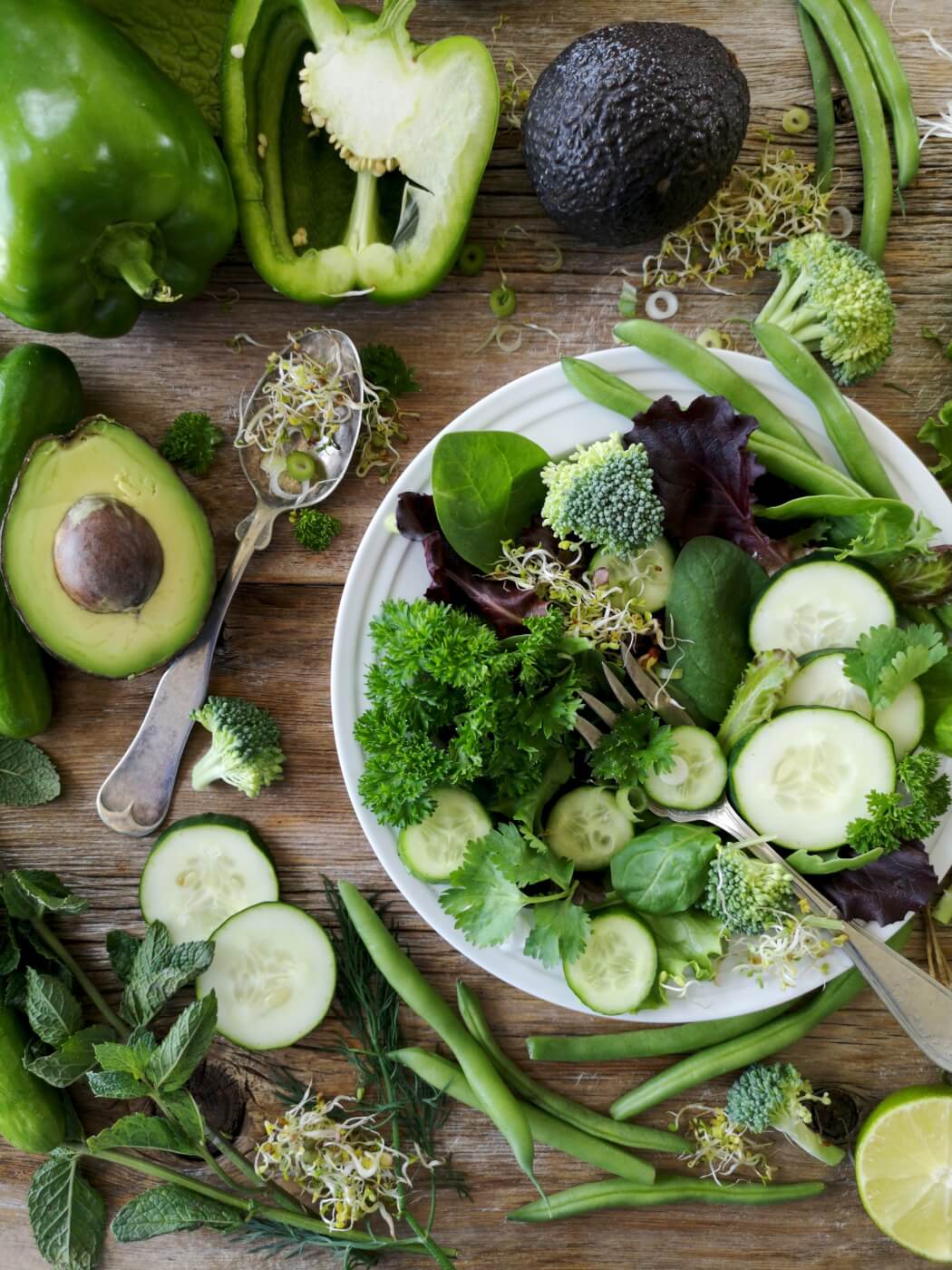

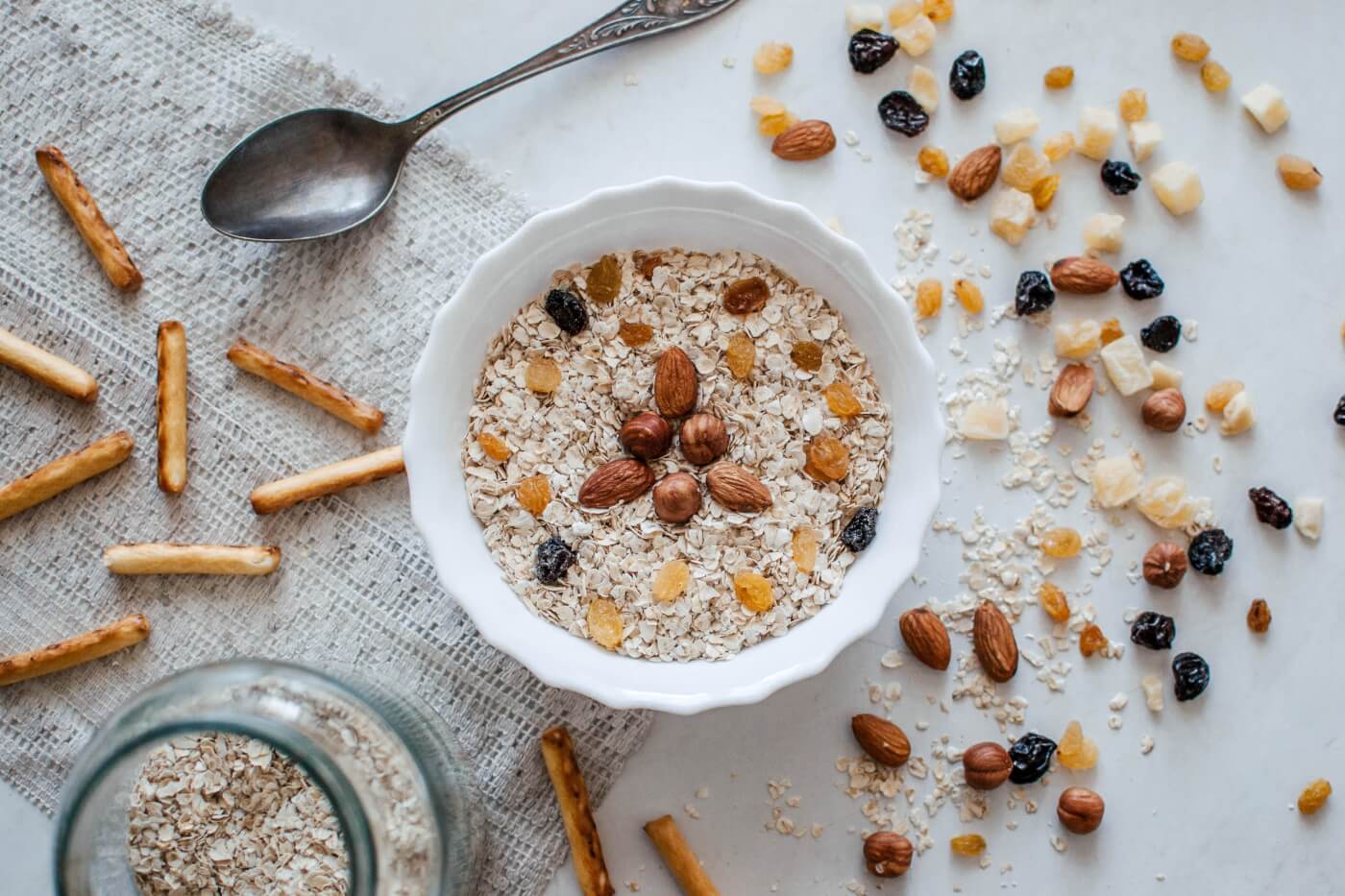
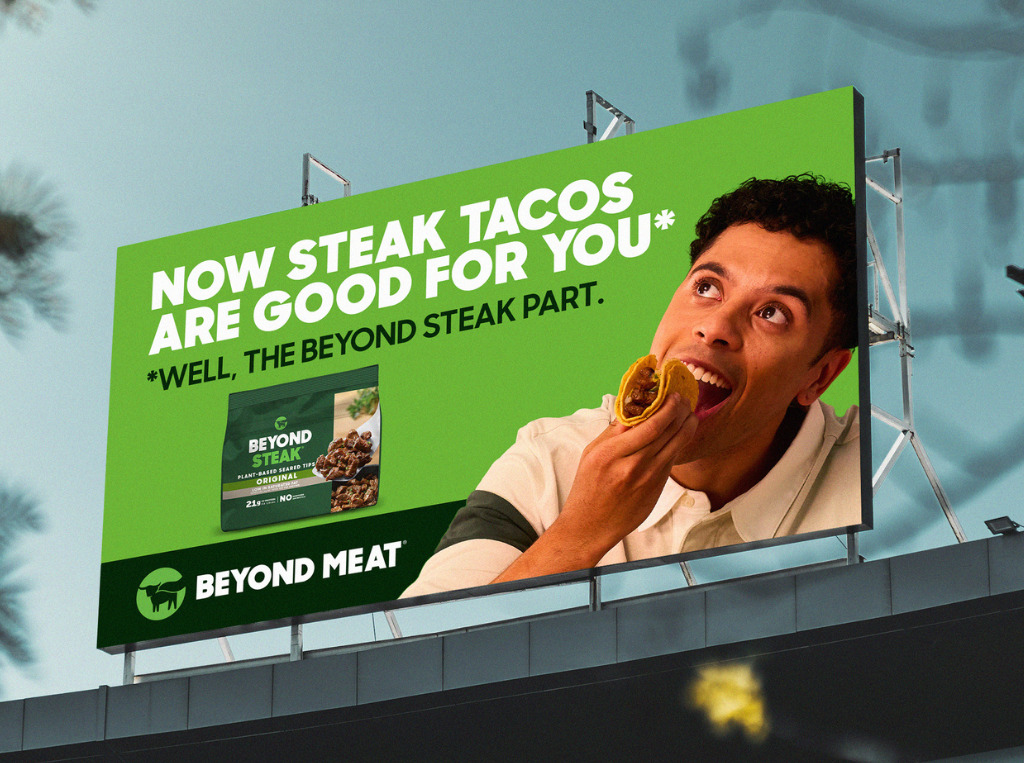

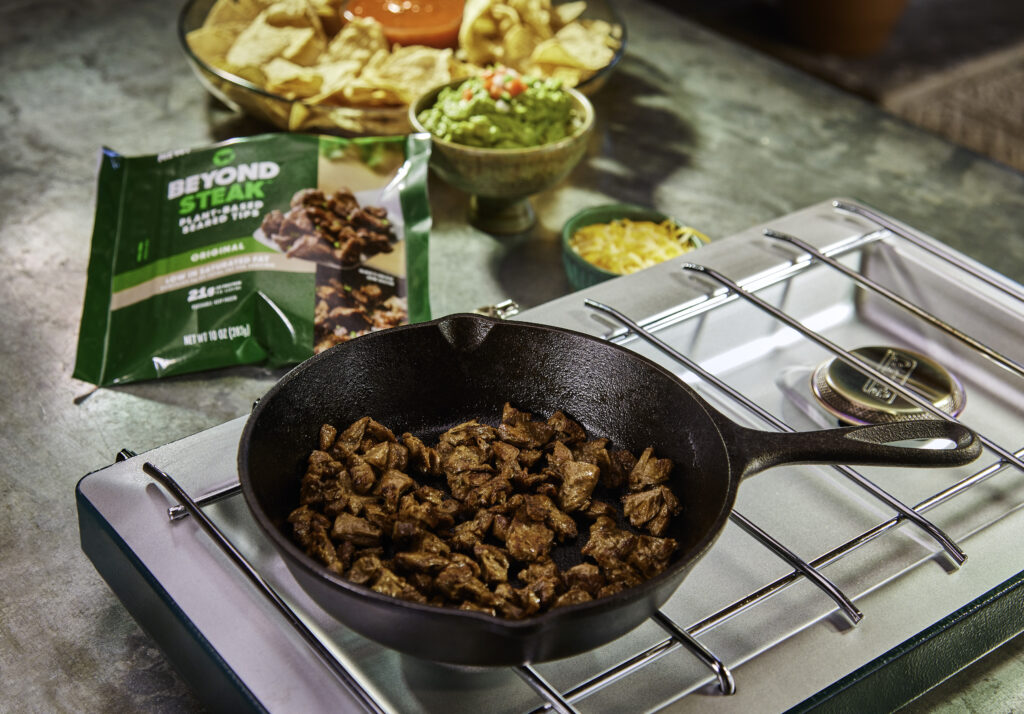

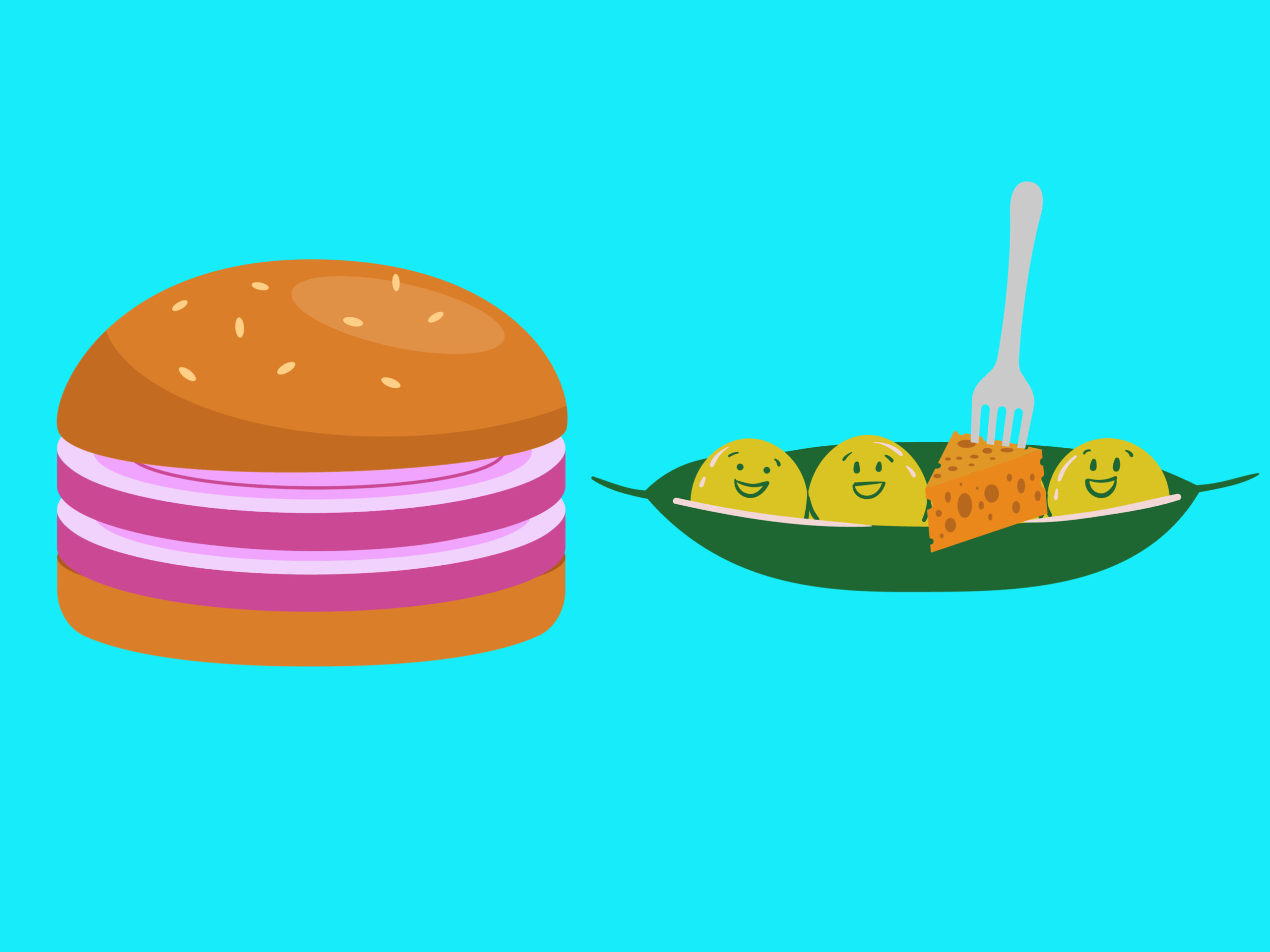
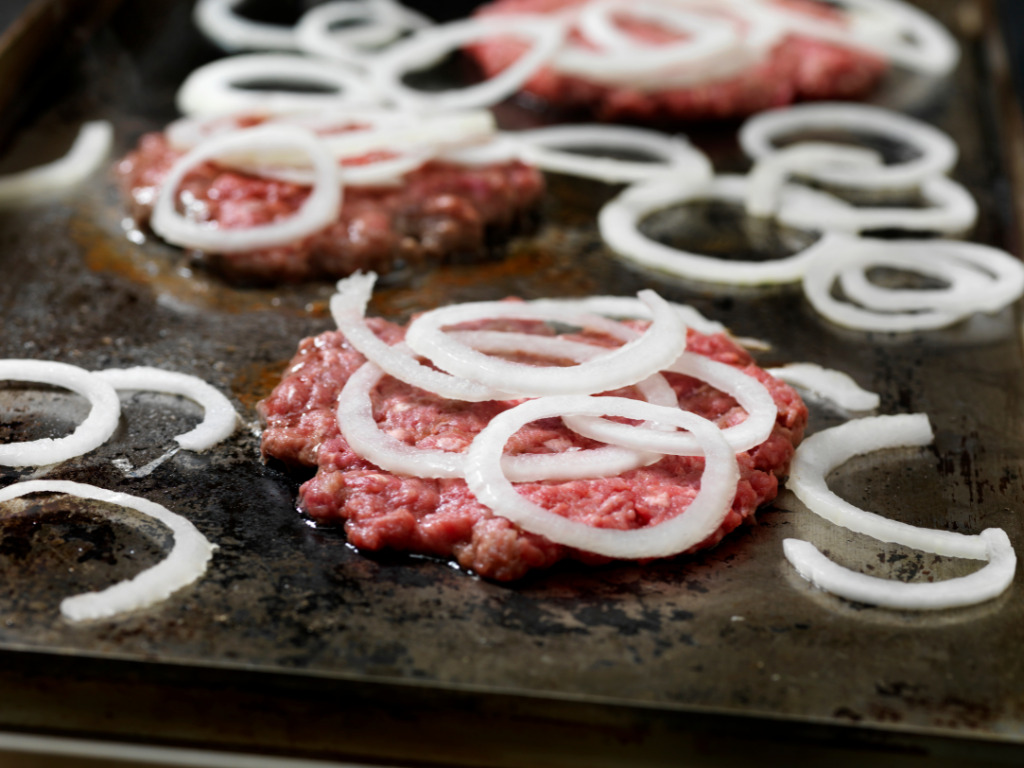
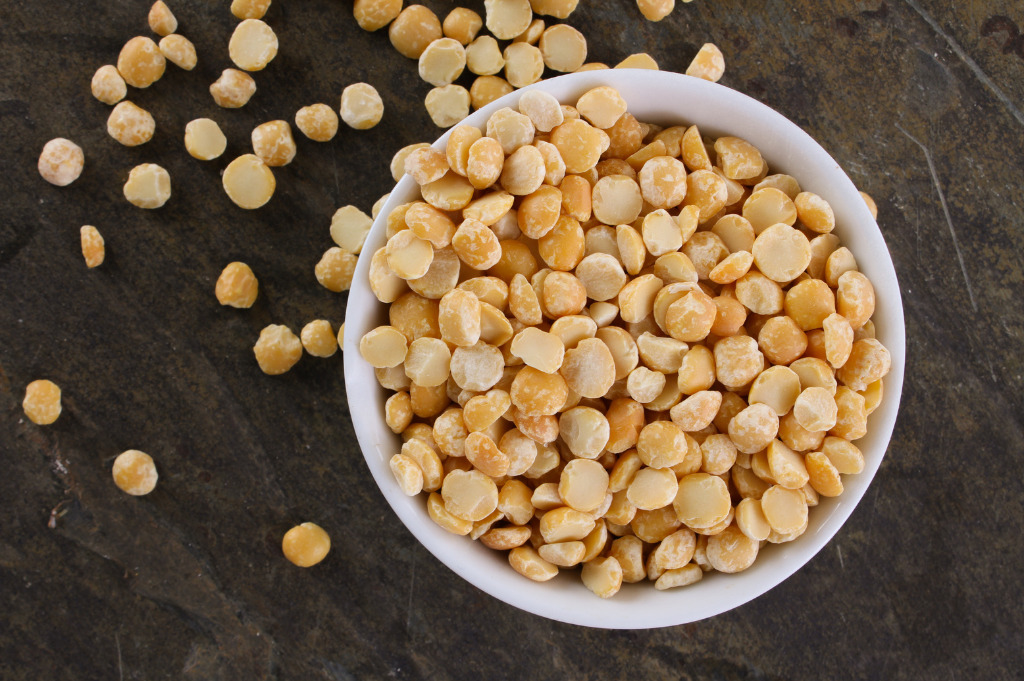
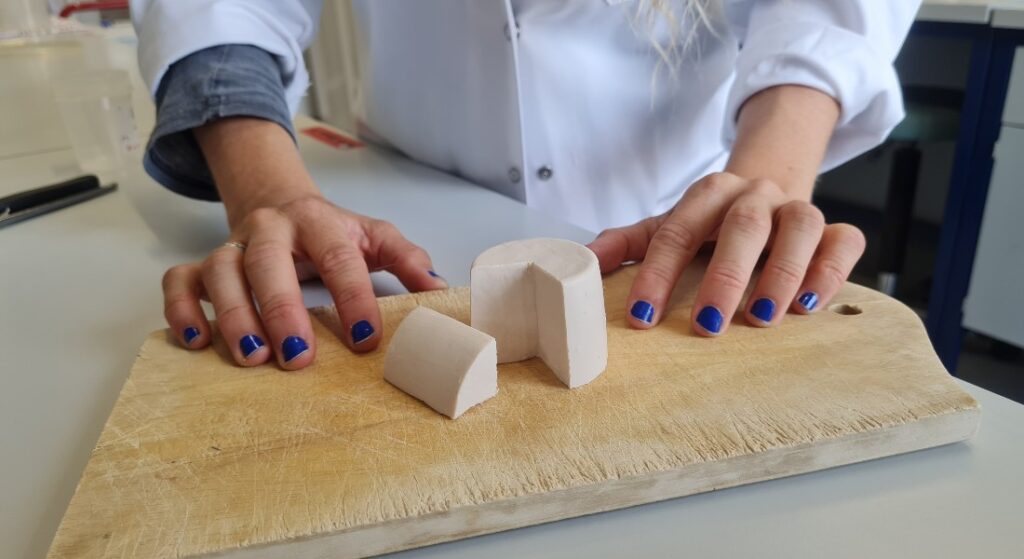

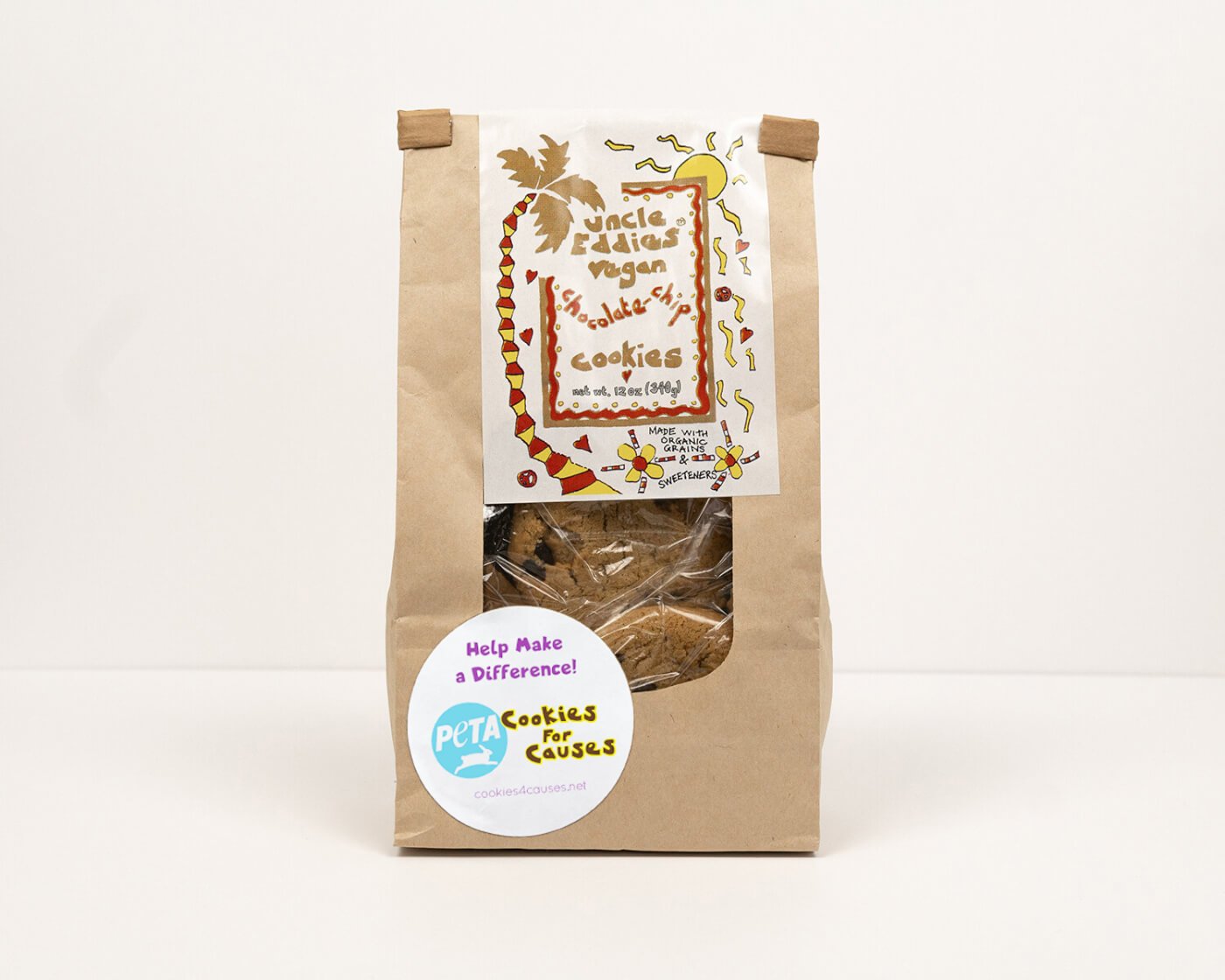

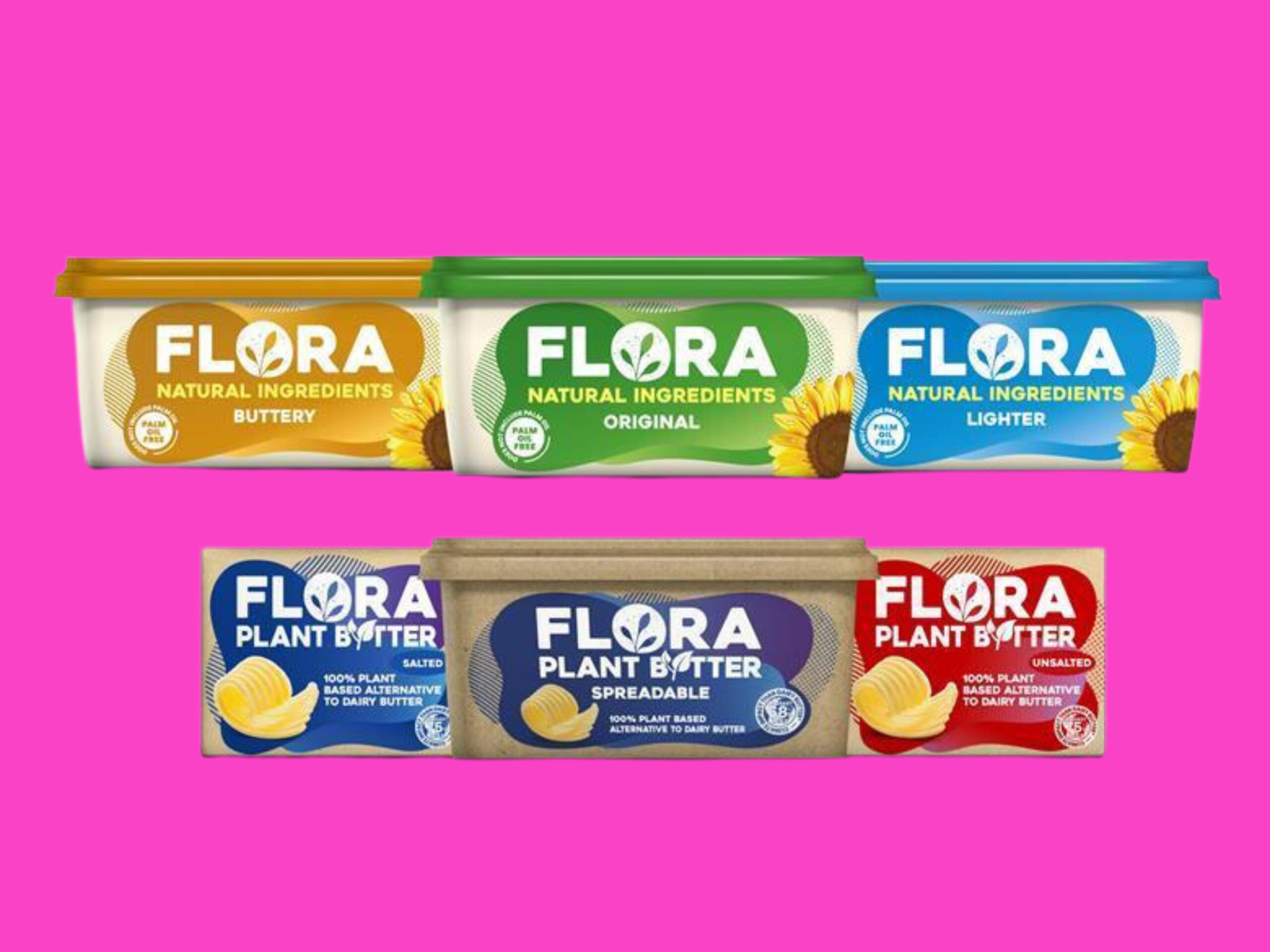
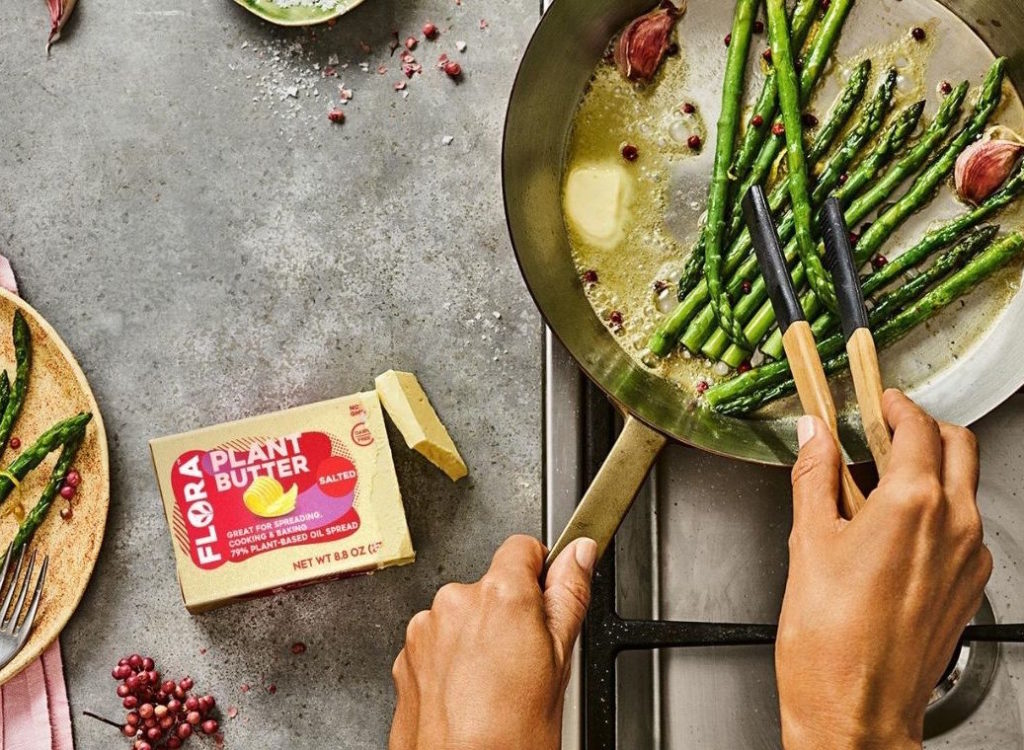
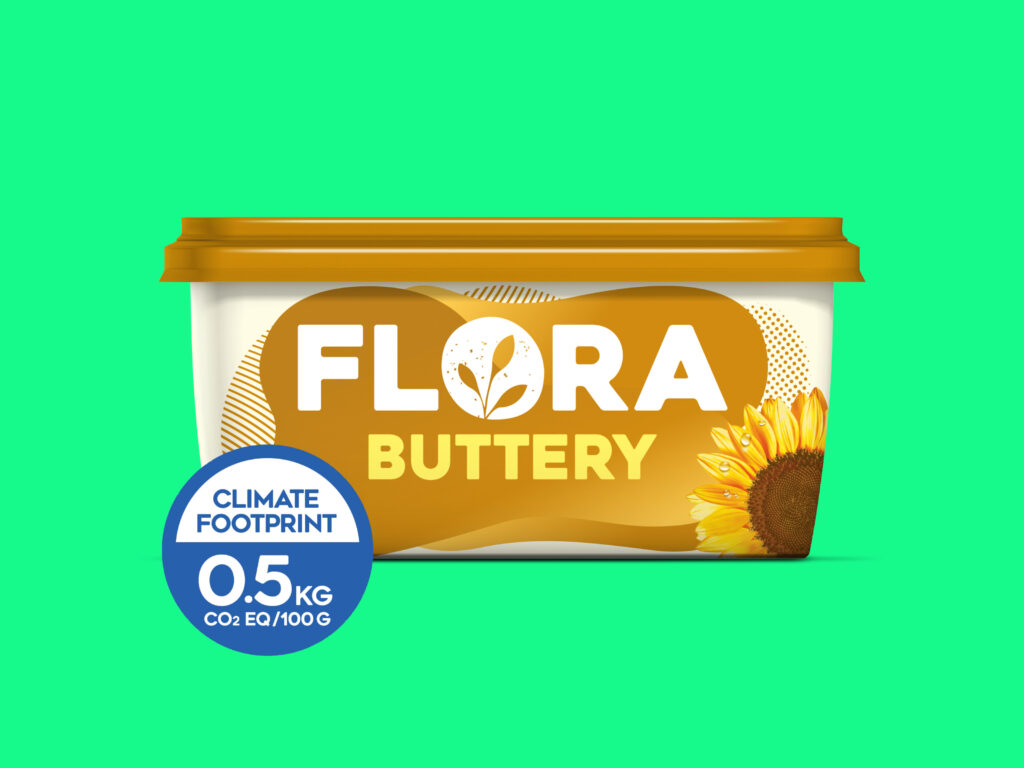
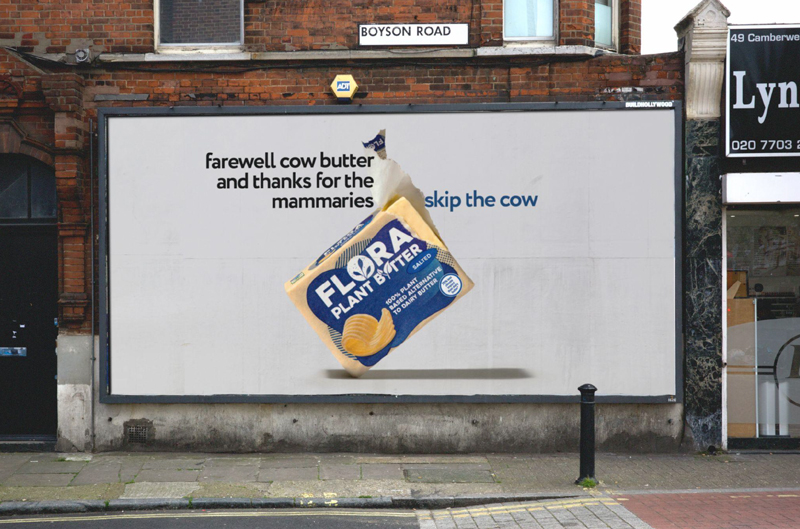

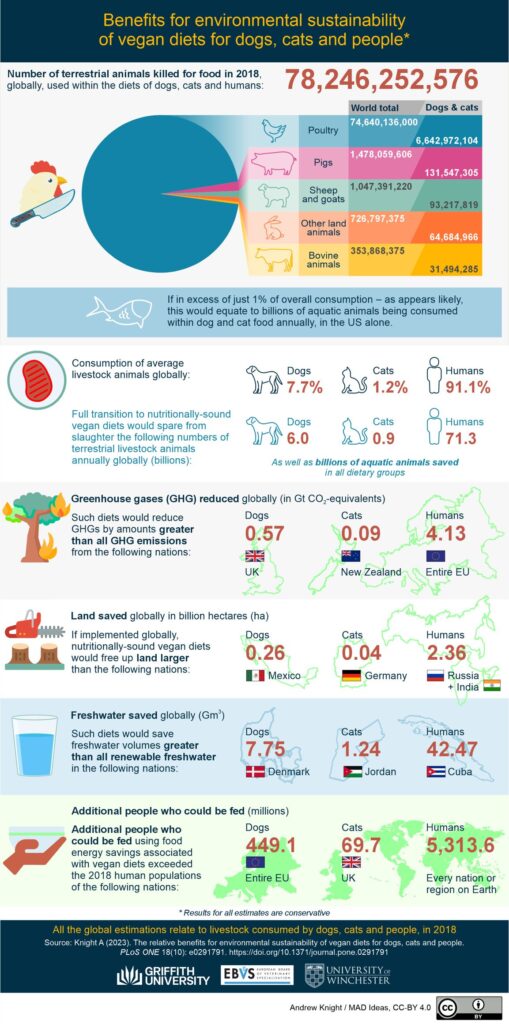
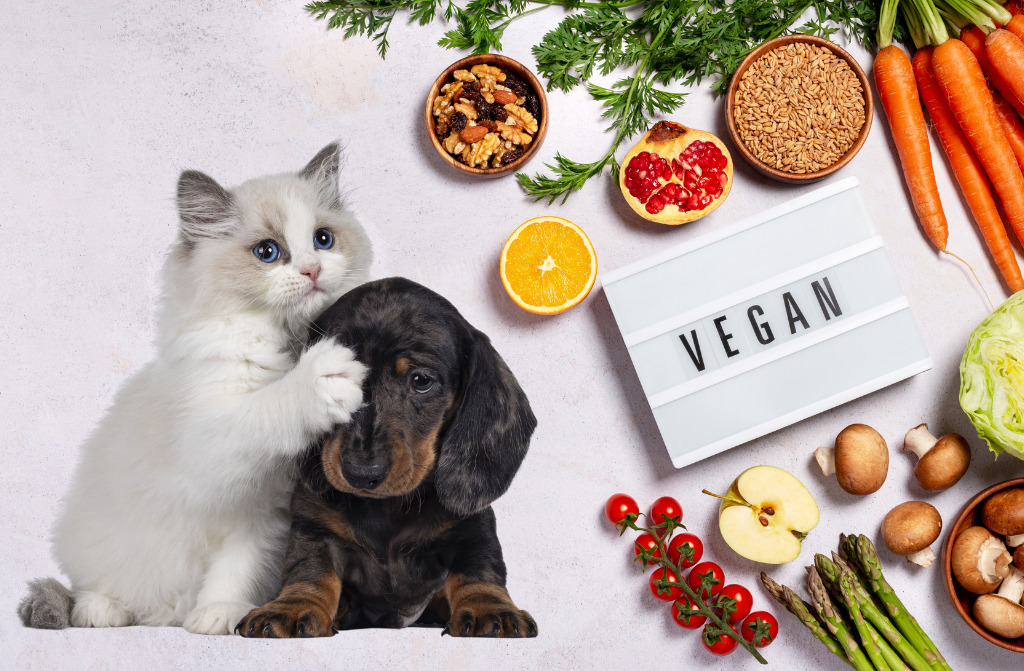



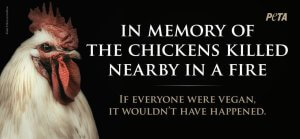
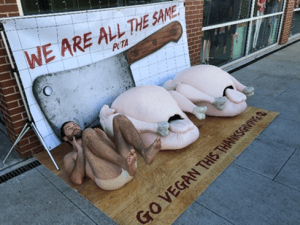
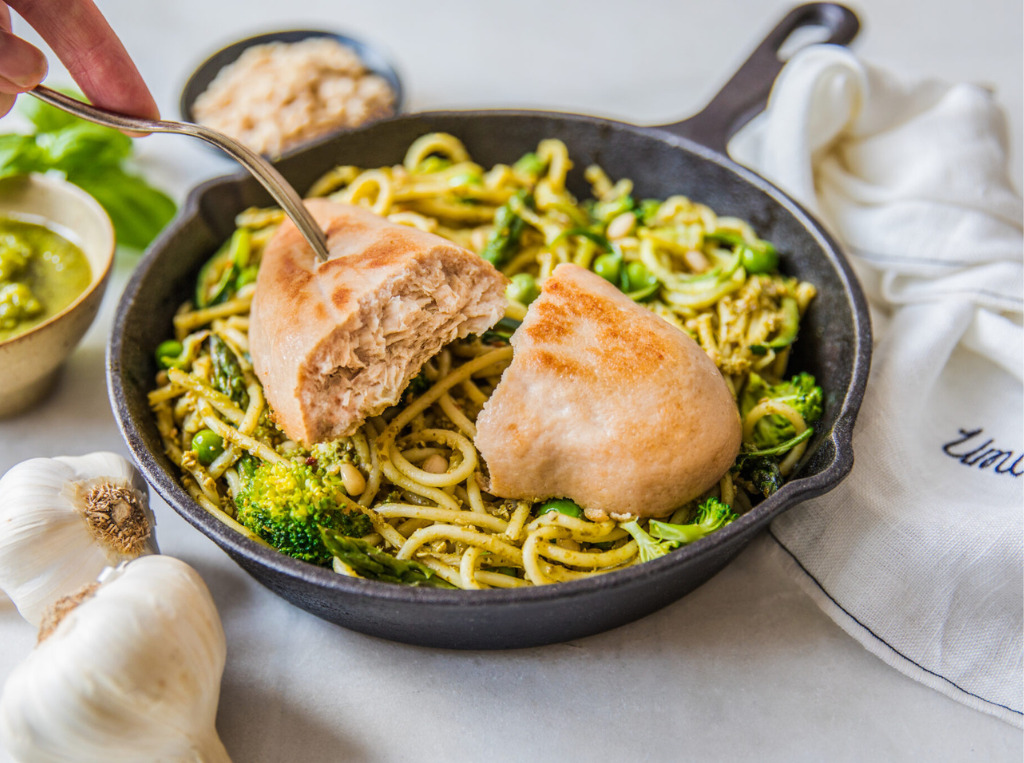
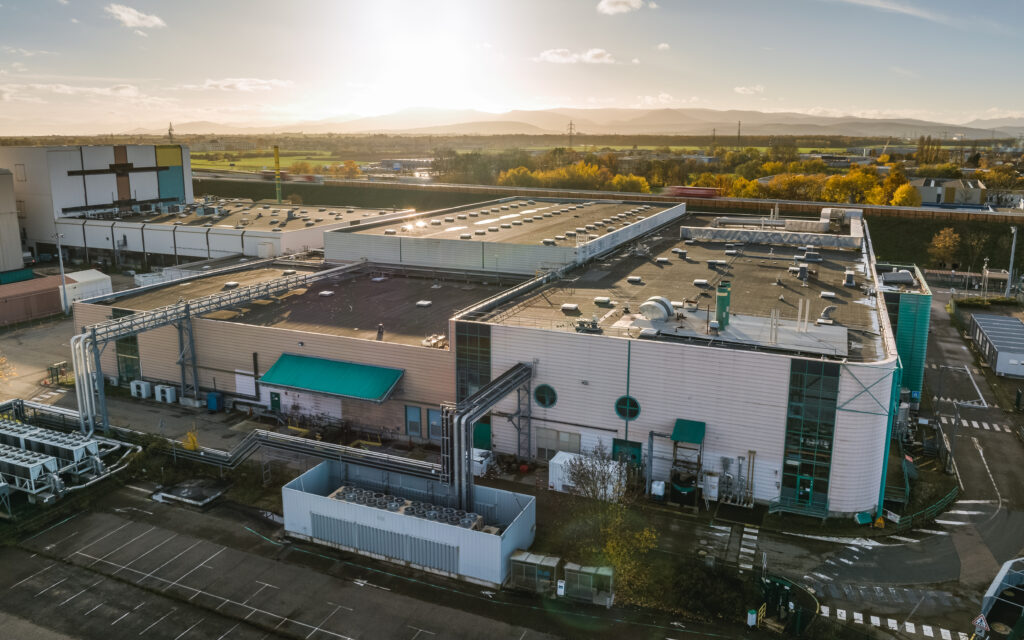
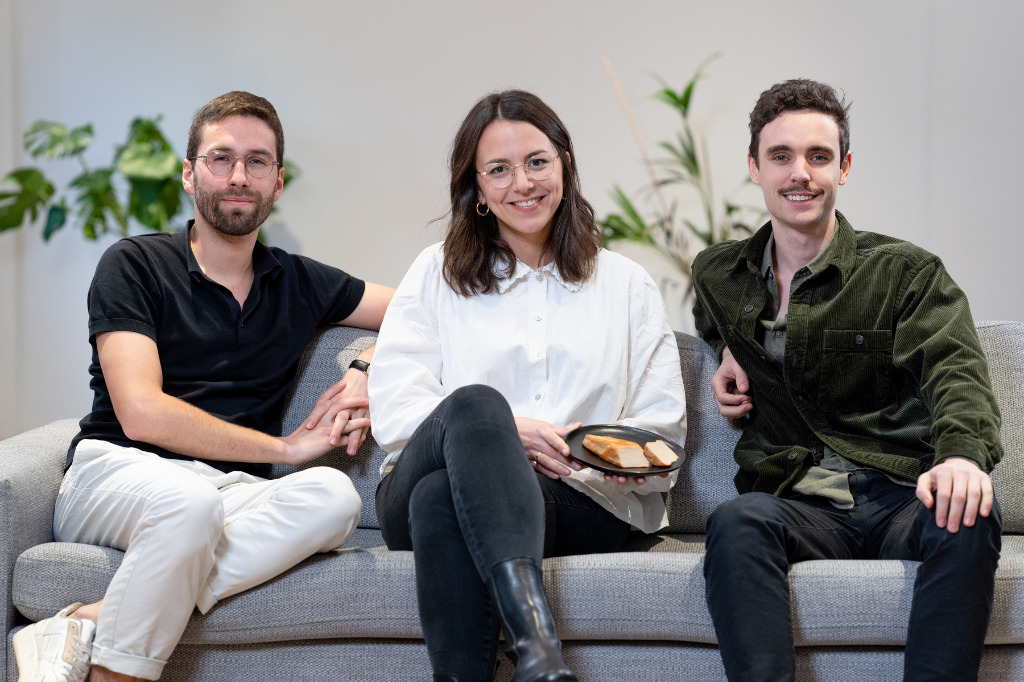
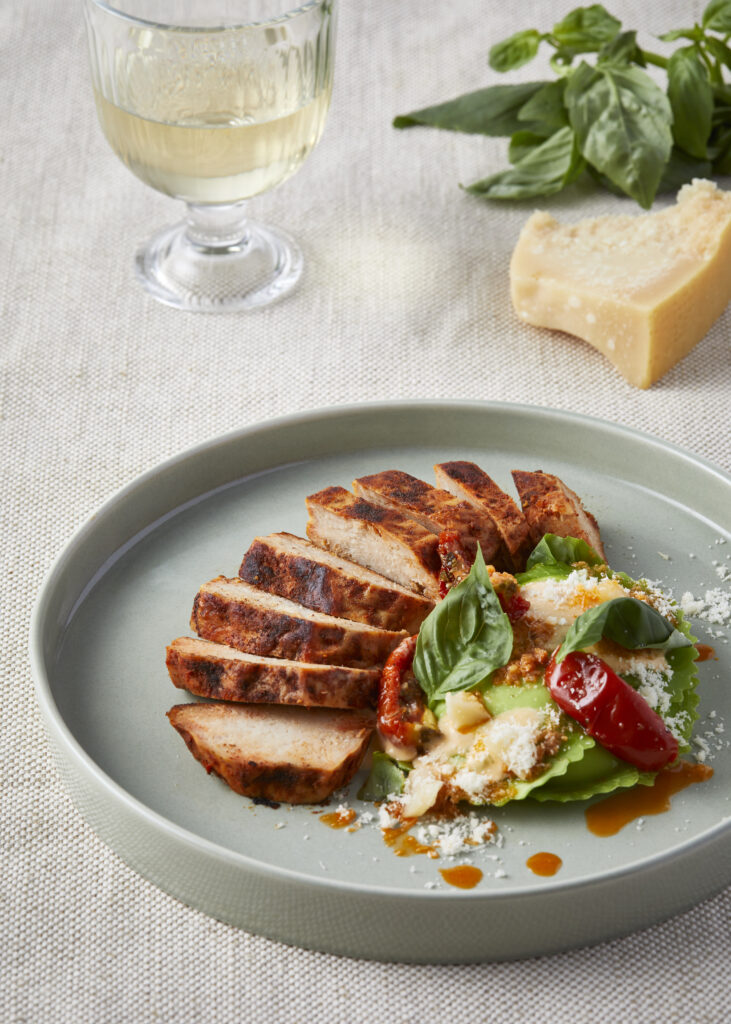
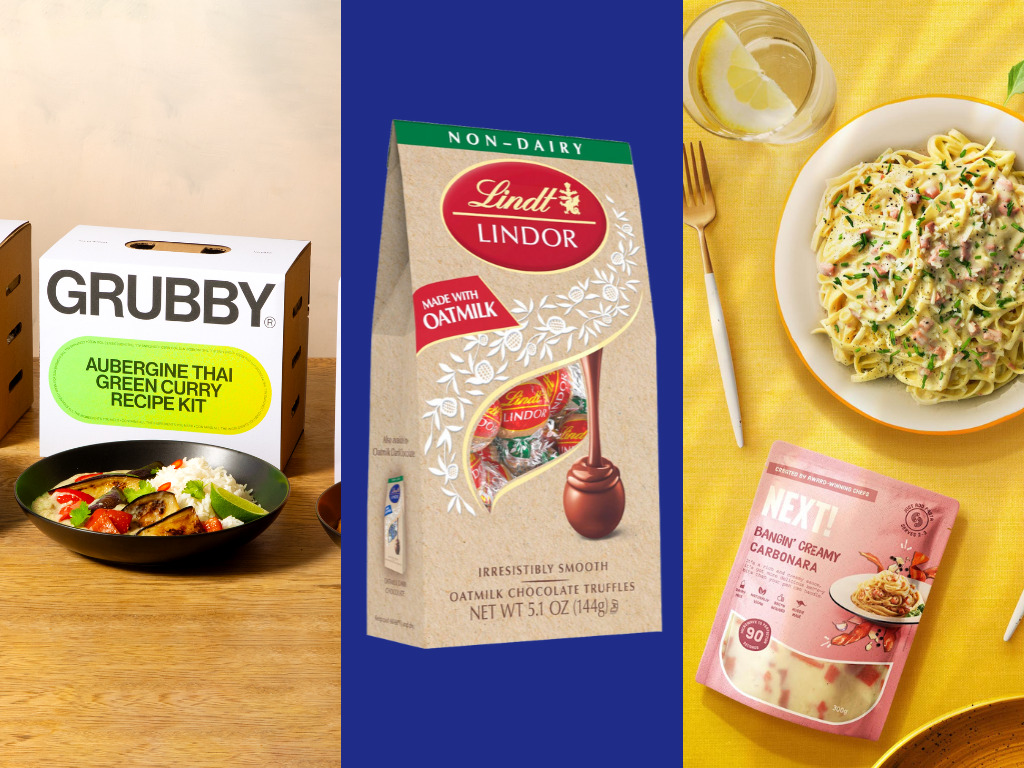
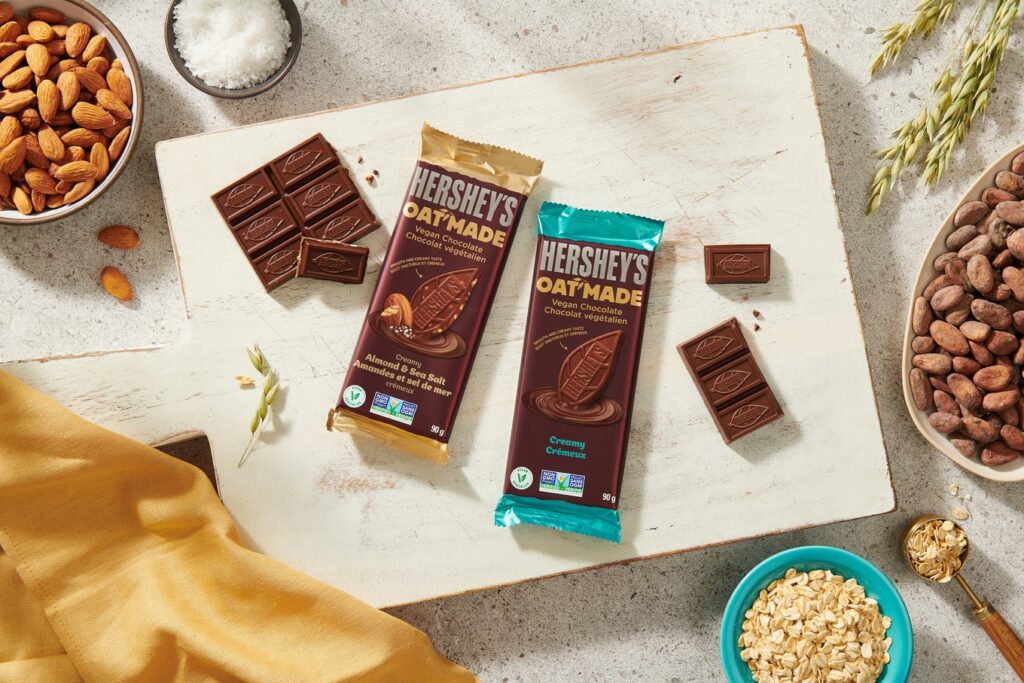
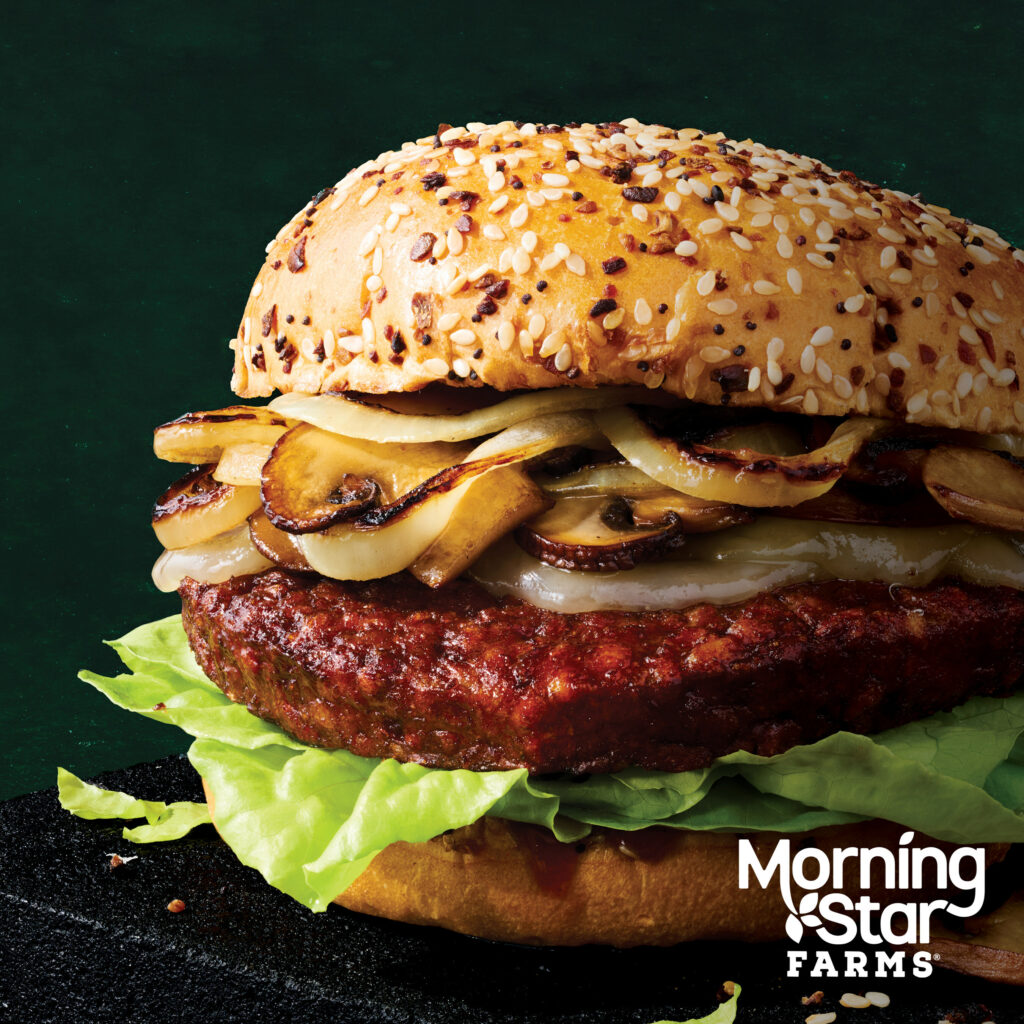
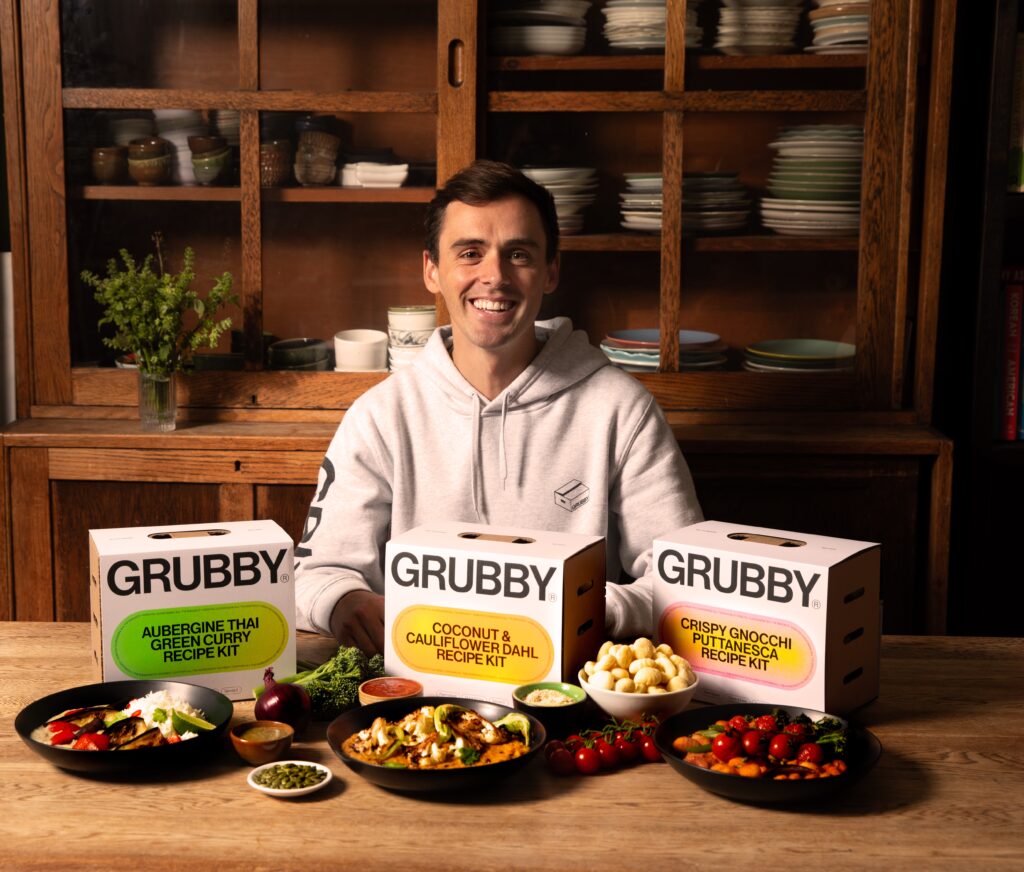
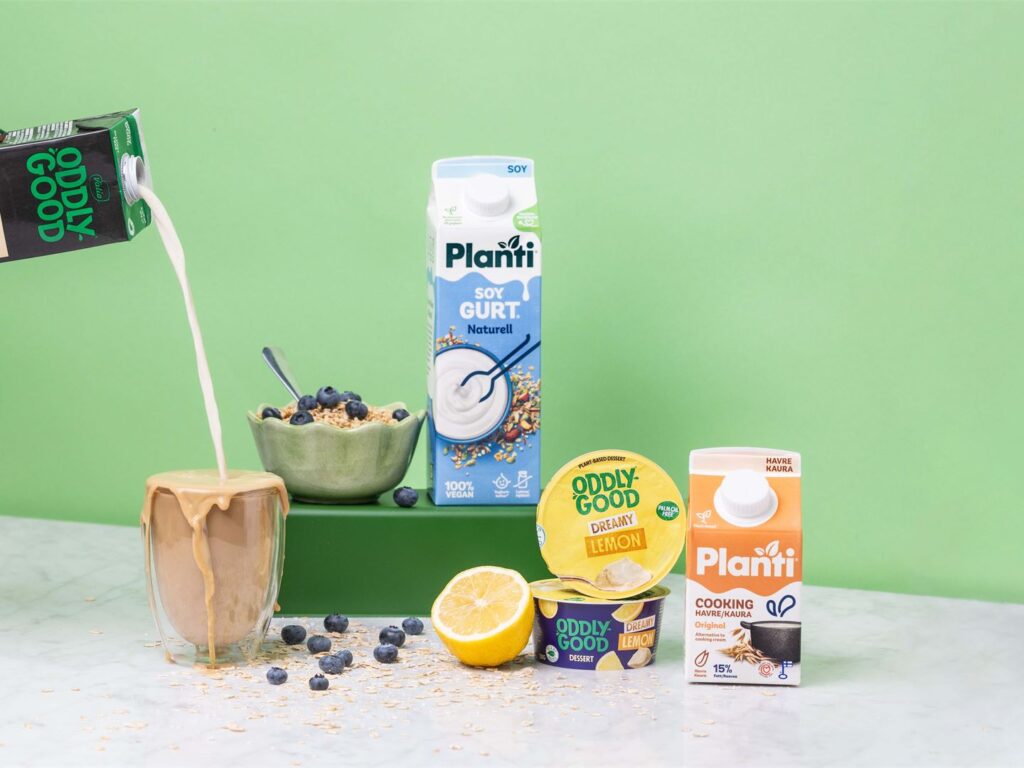
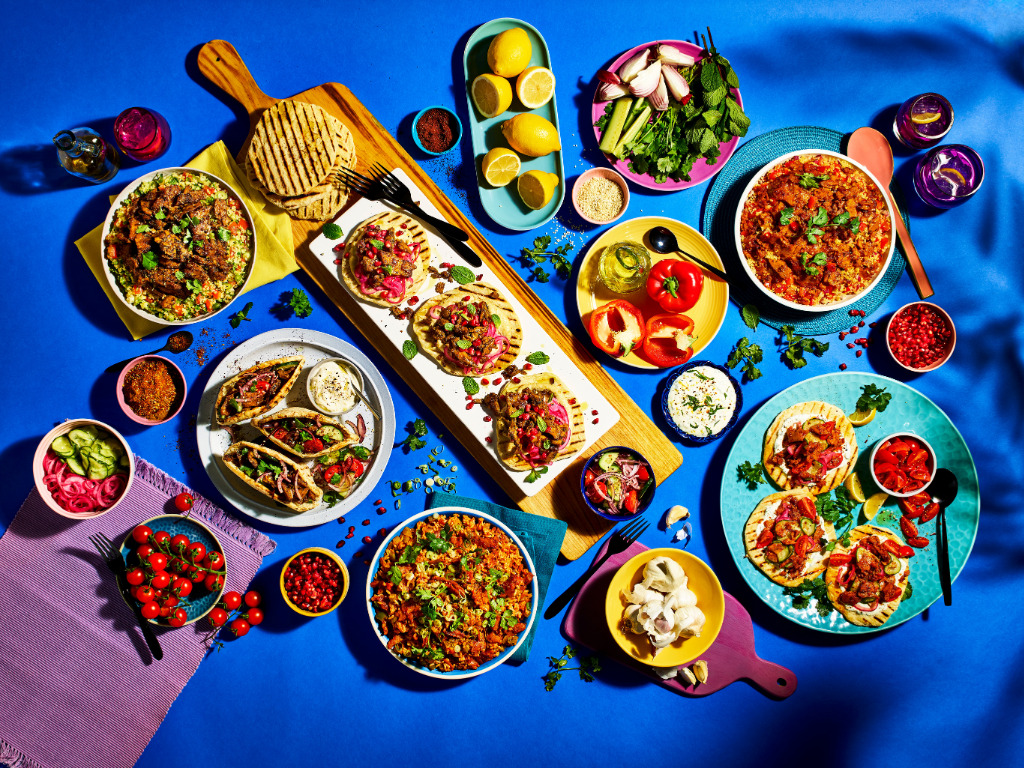
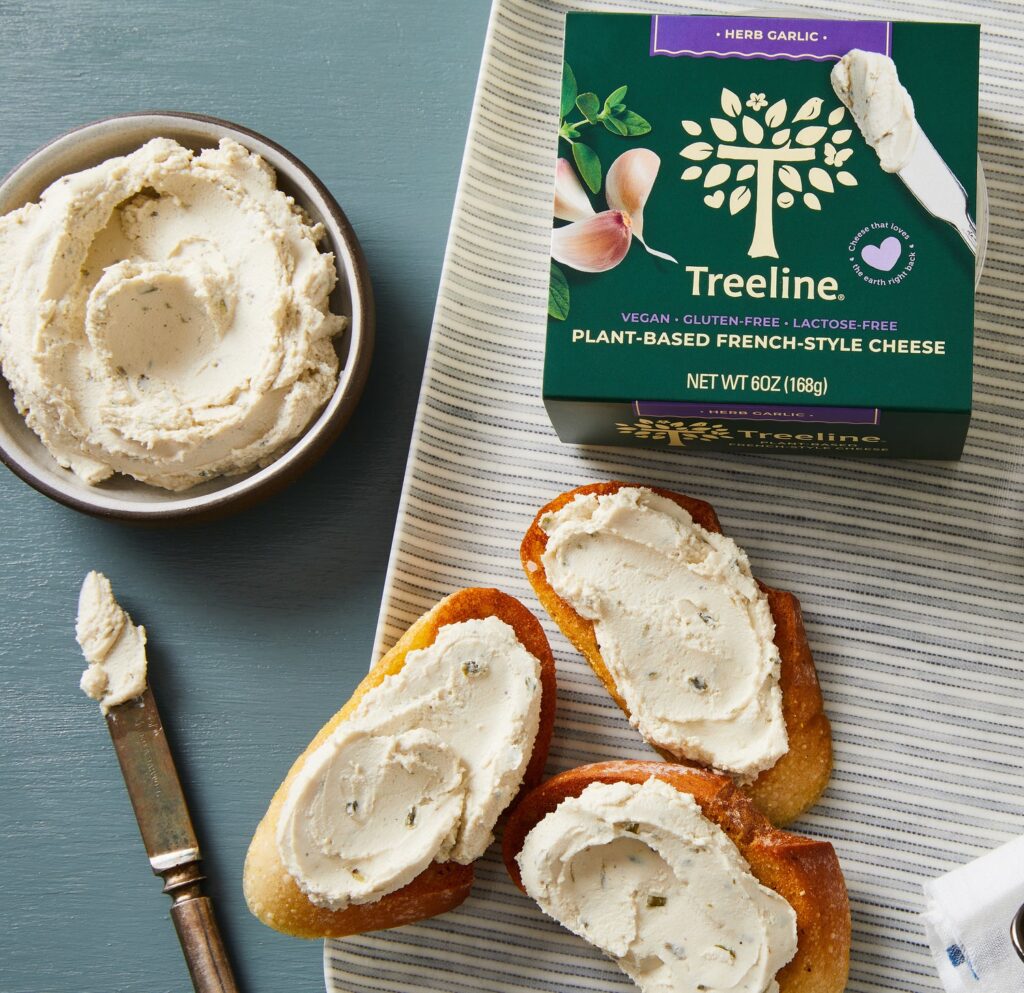
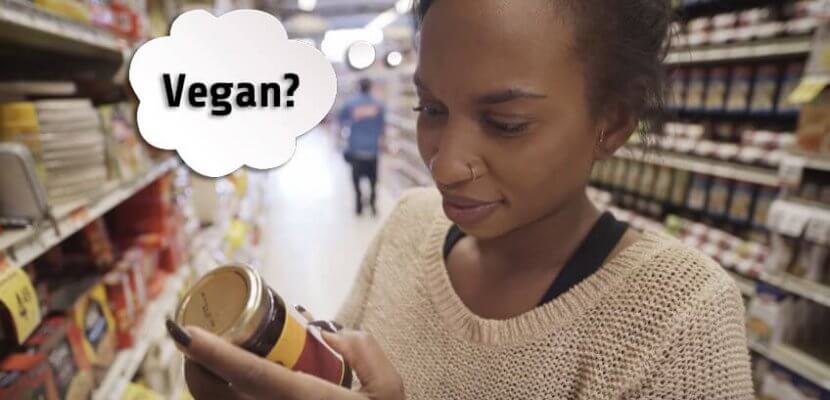

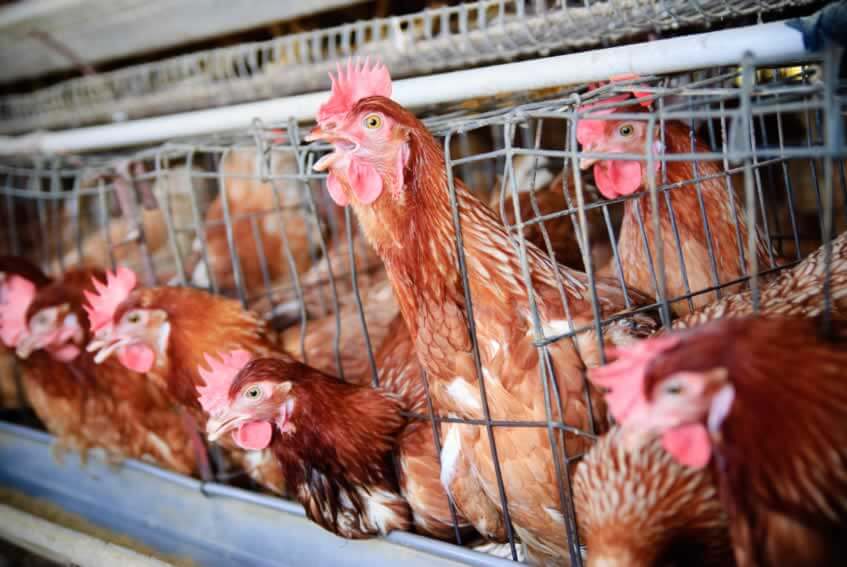
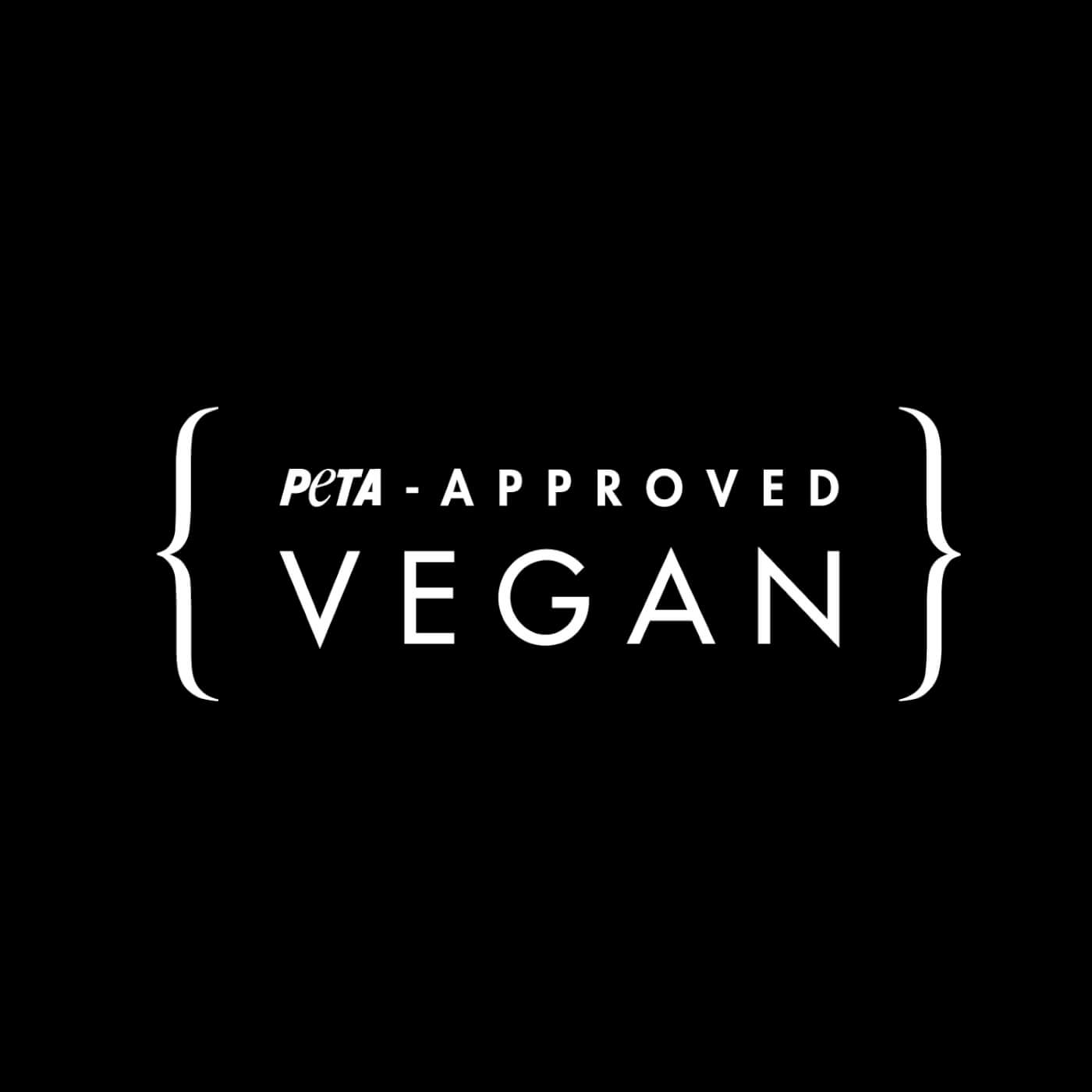
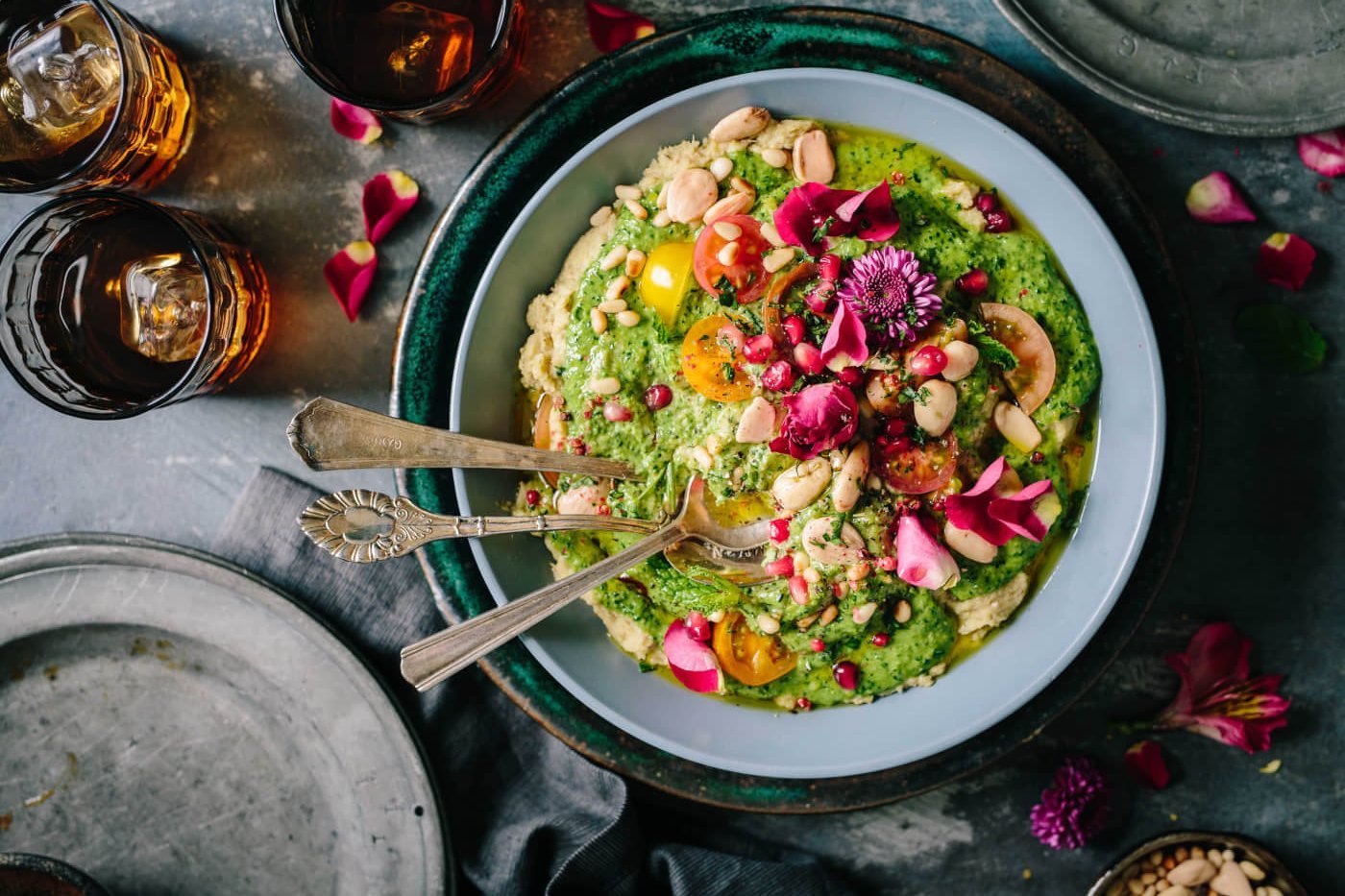


 More than 700,000 TONS of fishing gear is left in the ocean each year. It’s KILLING & MUTILATING millions of sea animals.
More than 700,000 TONS of fishing gear is left in the ocean each year. It’s KILLING & MUTILATING millions of sea animals. 